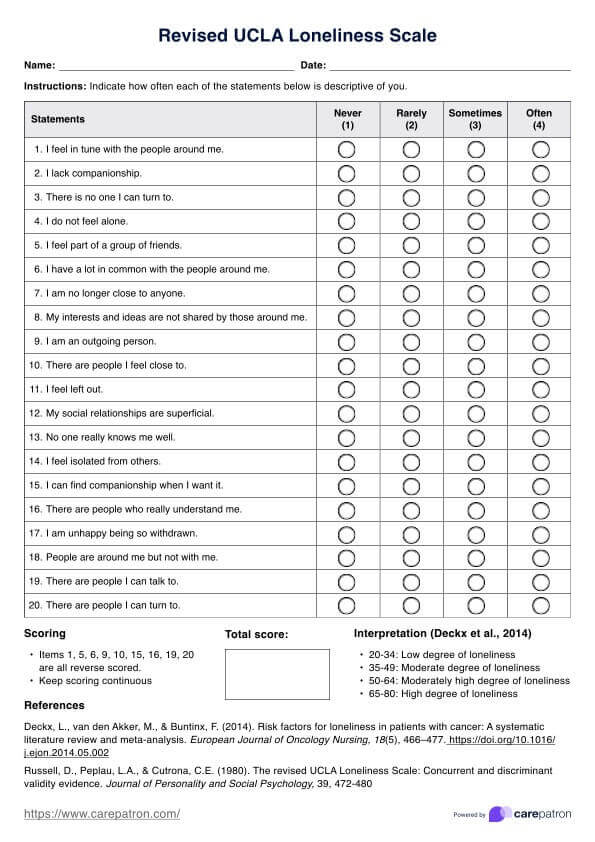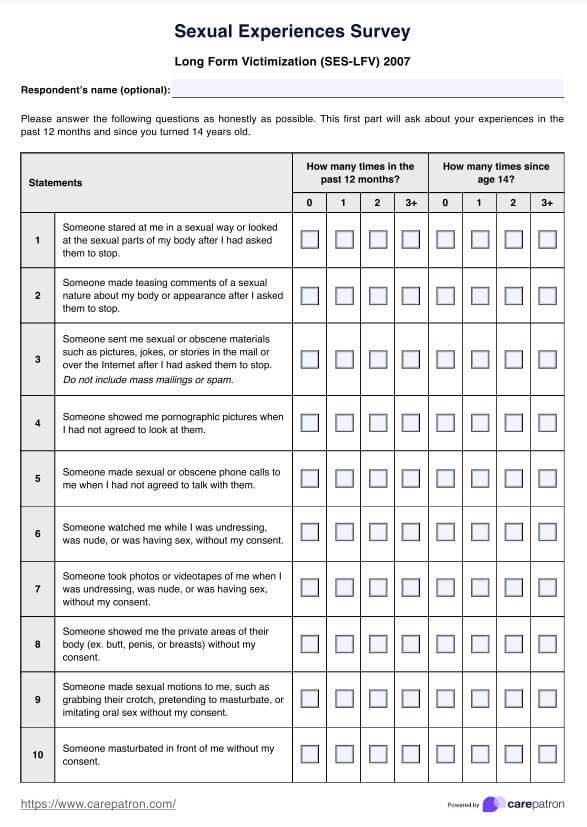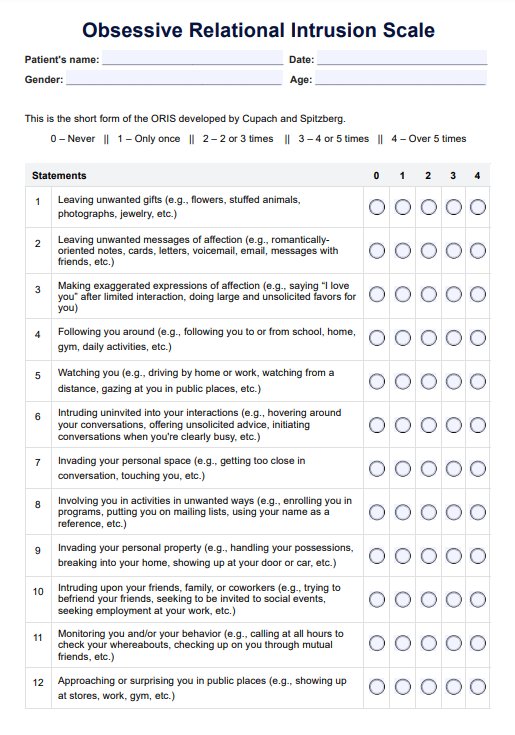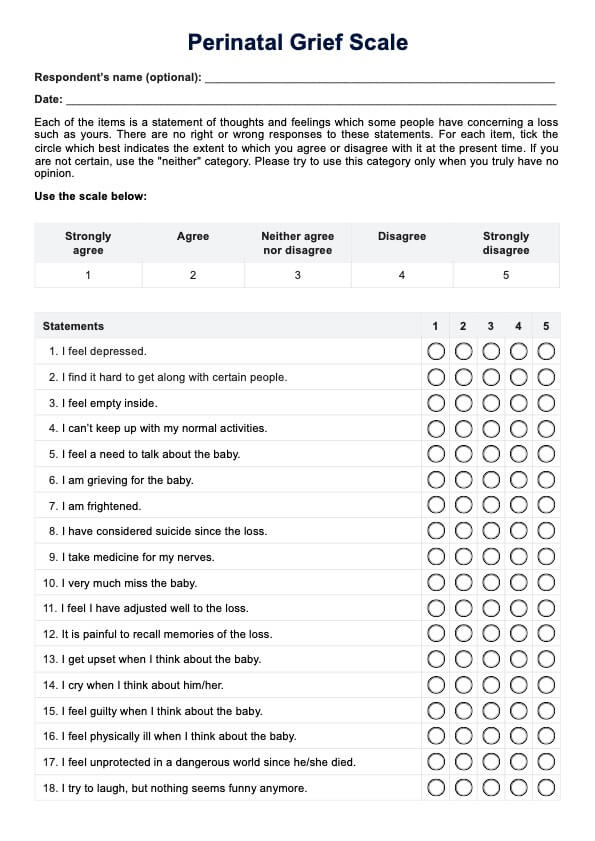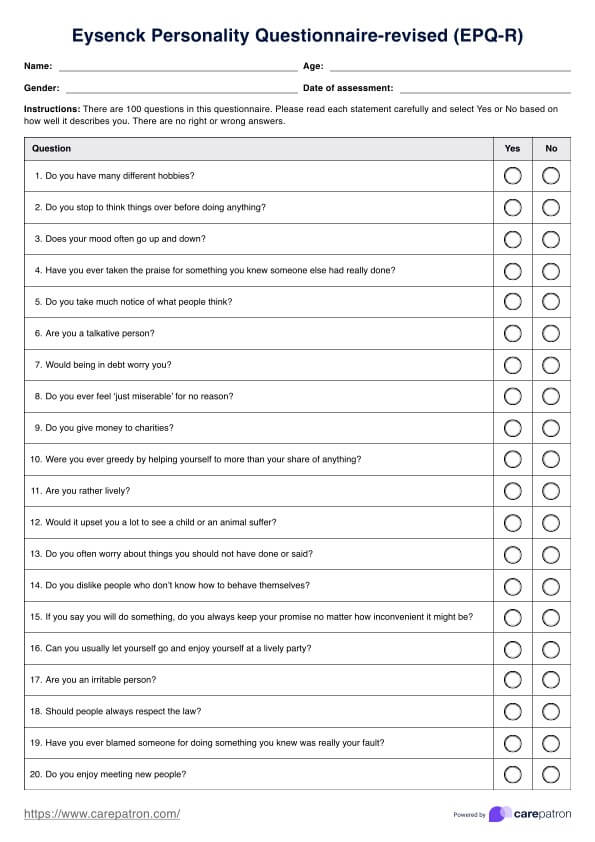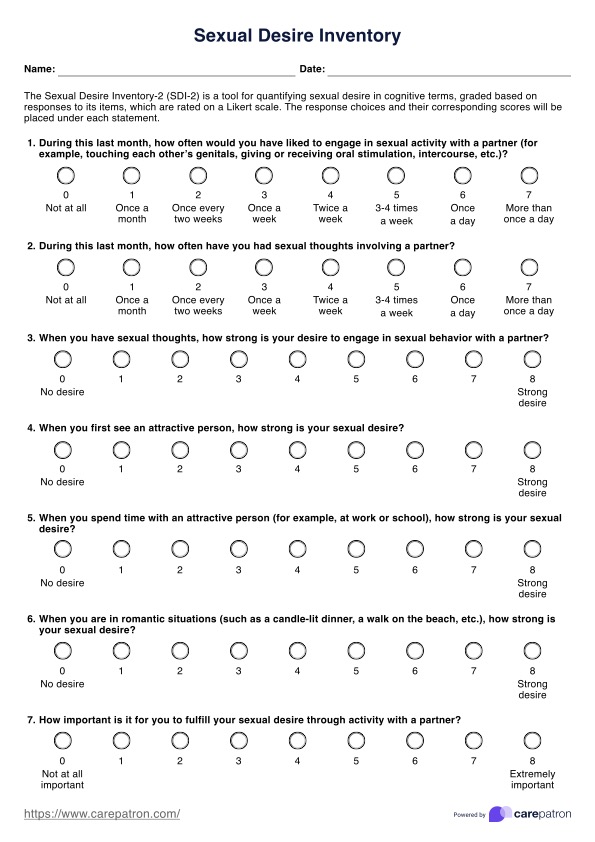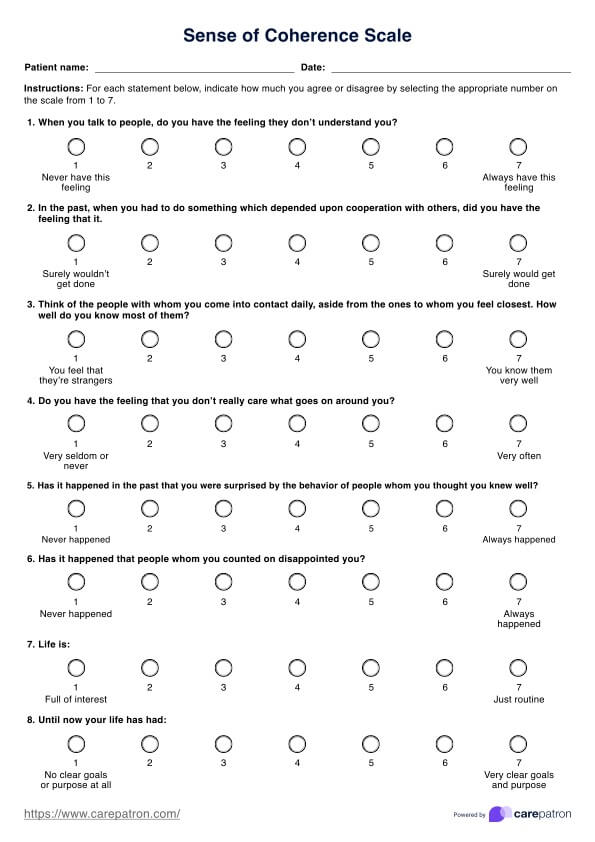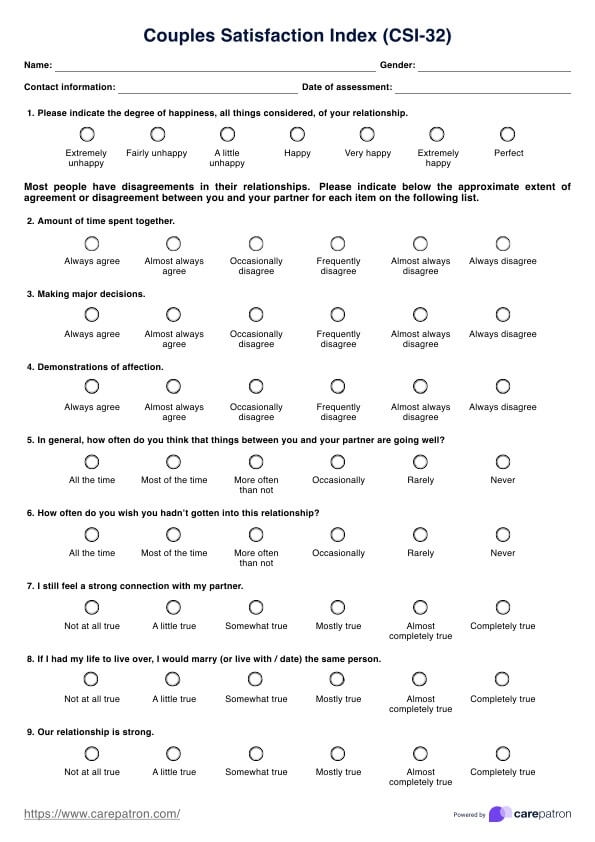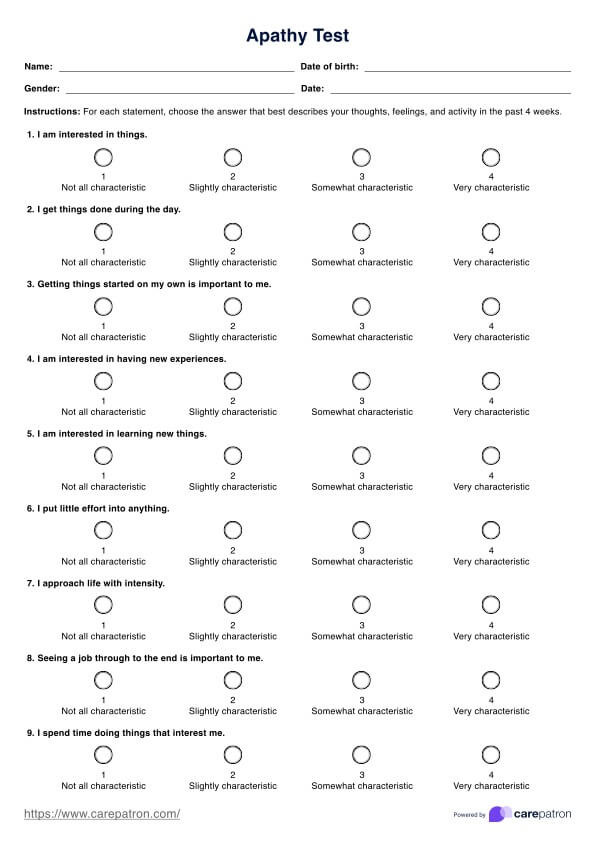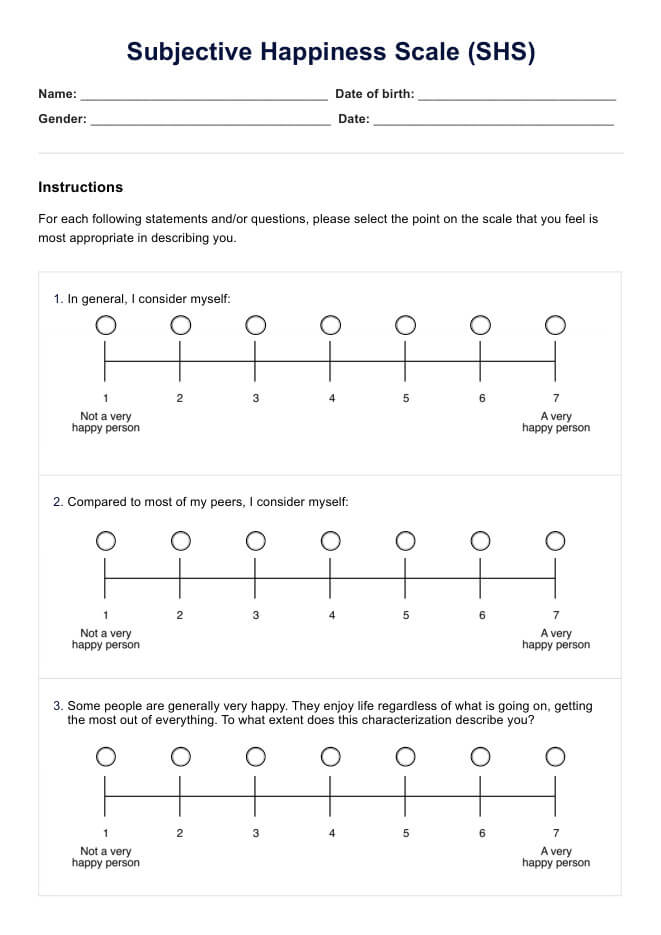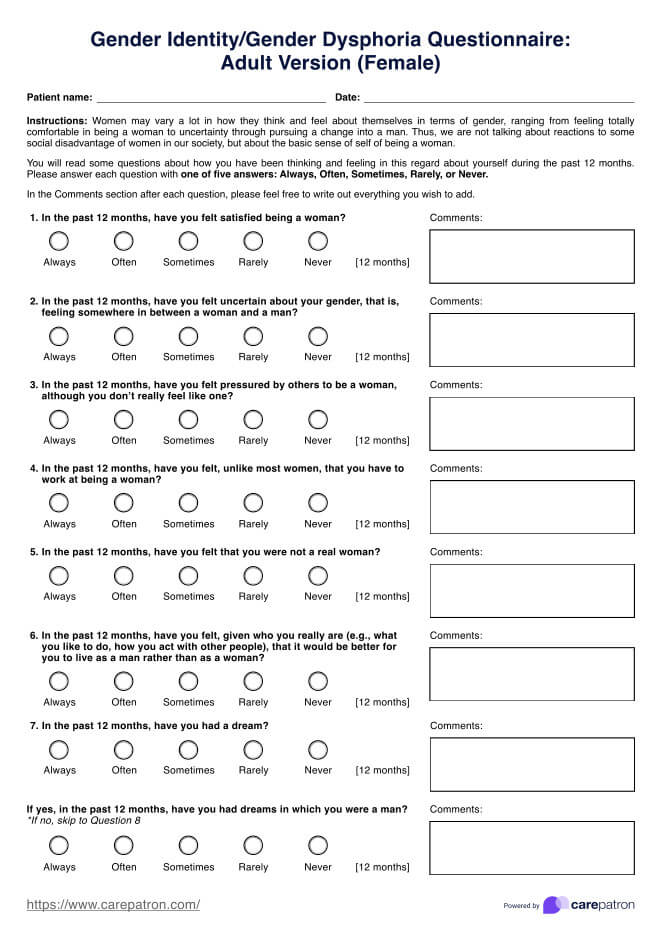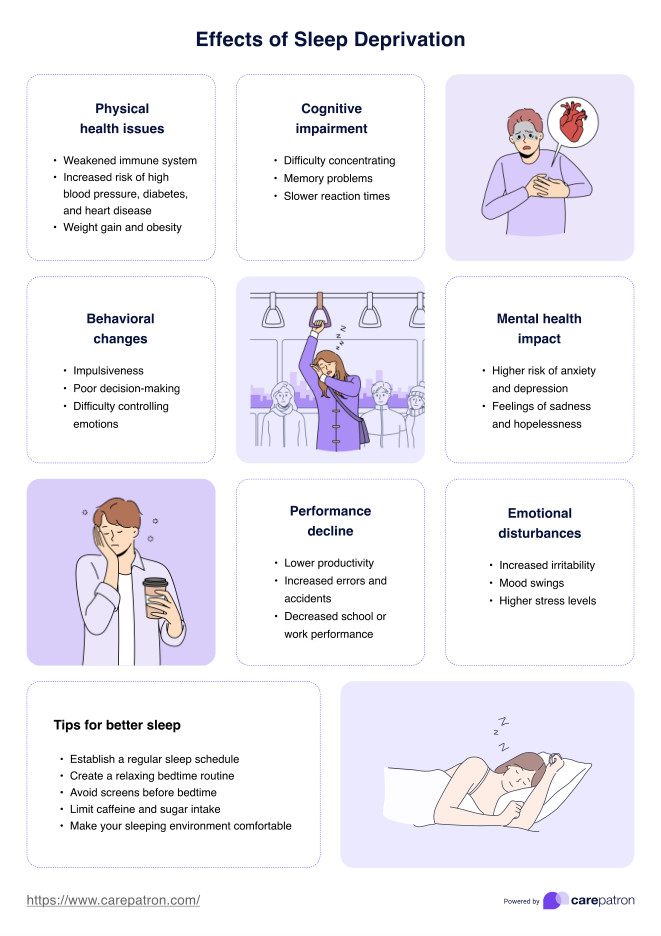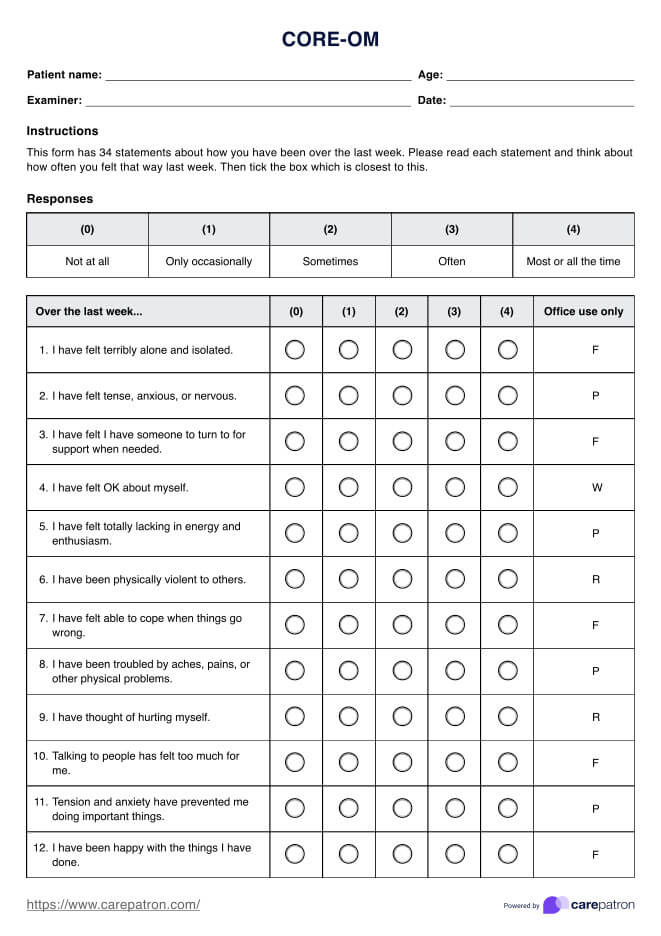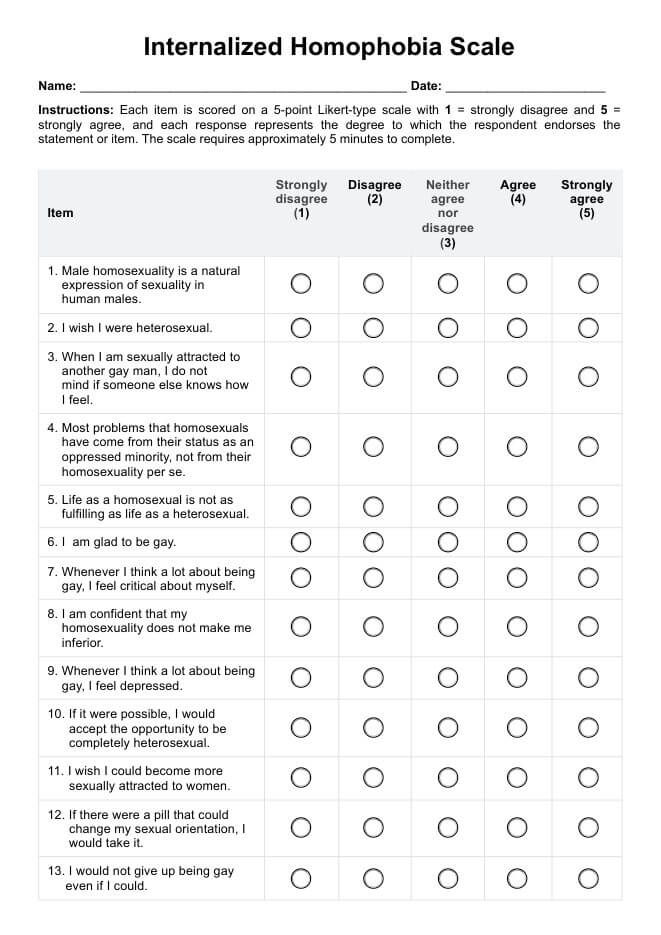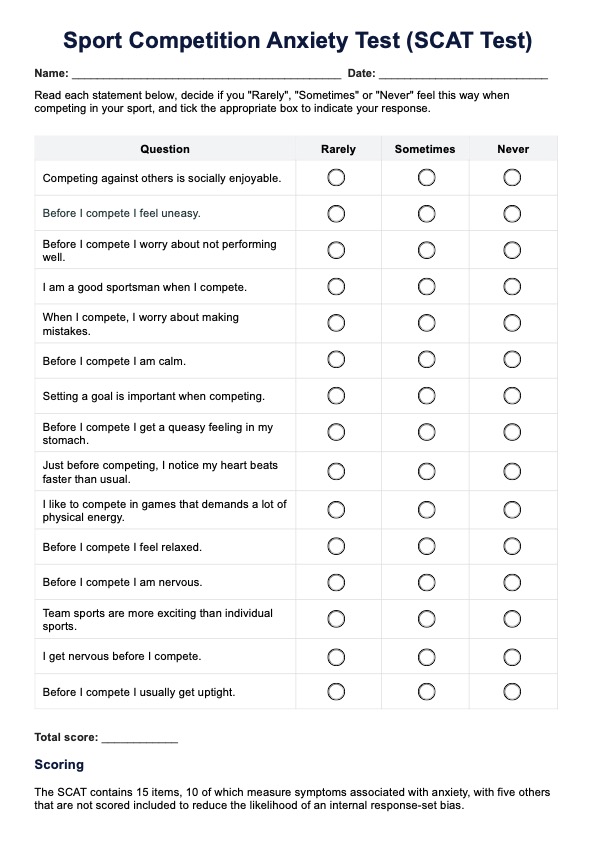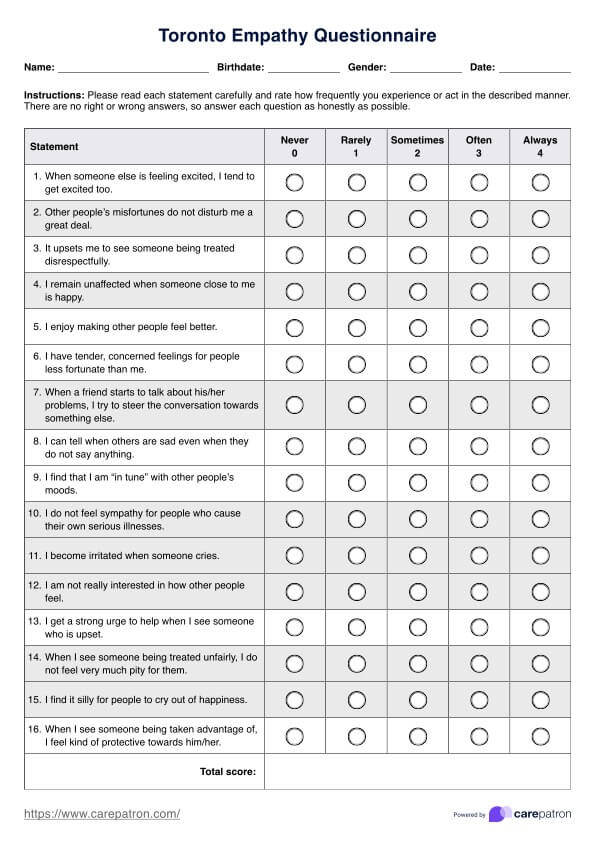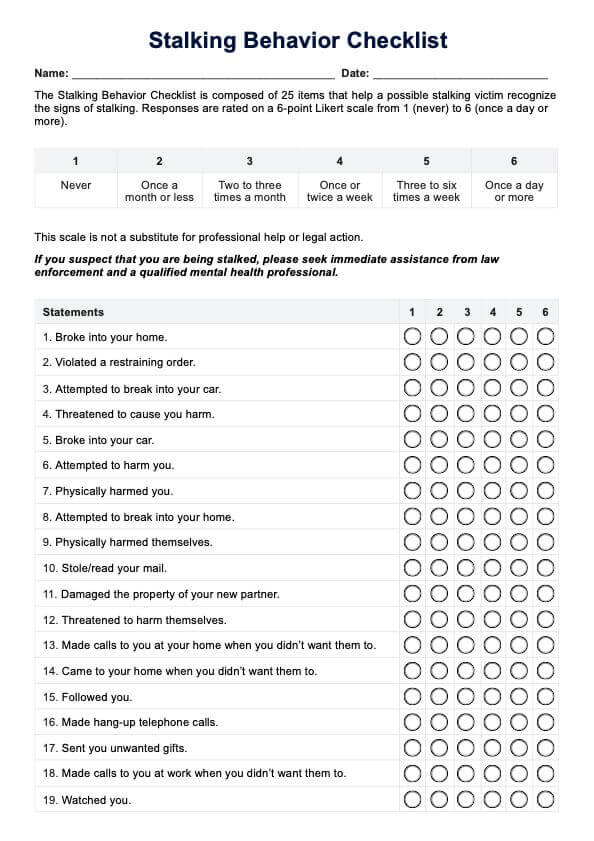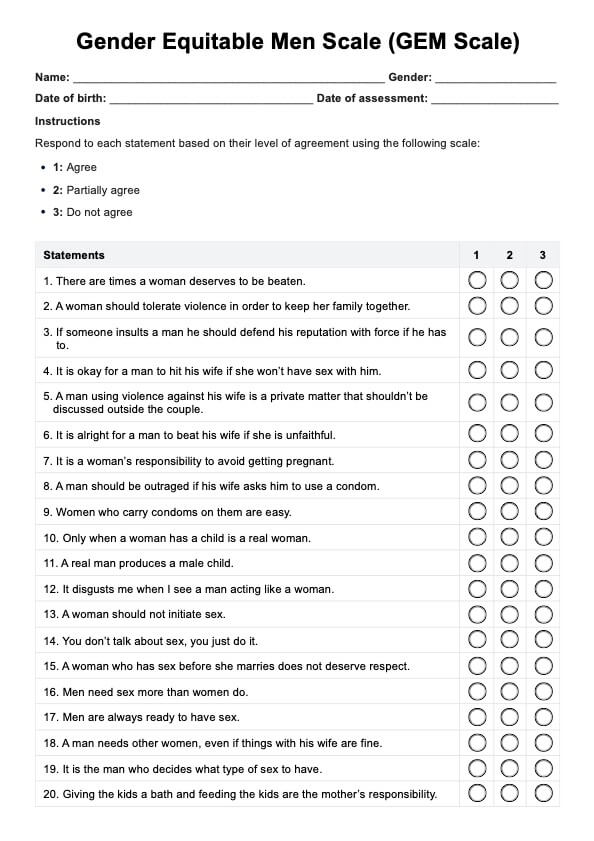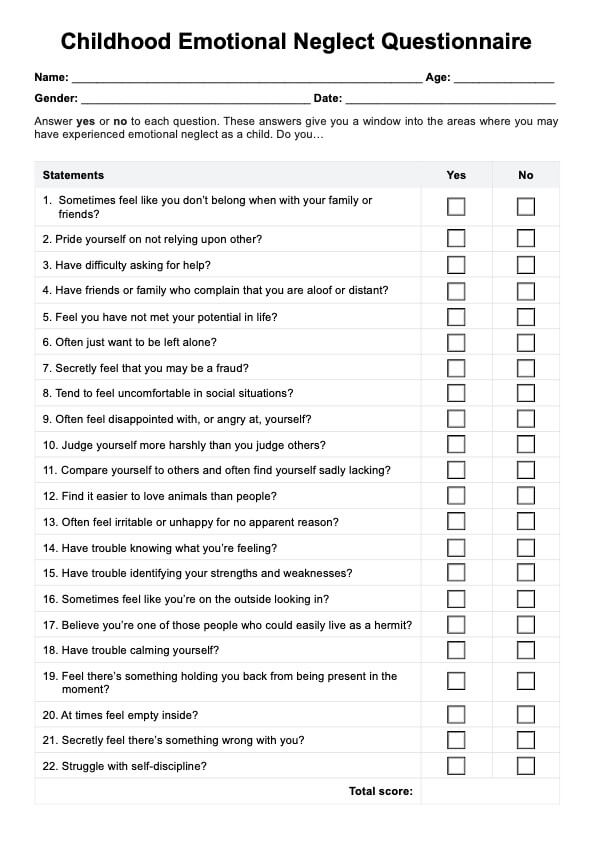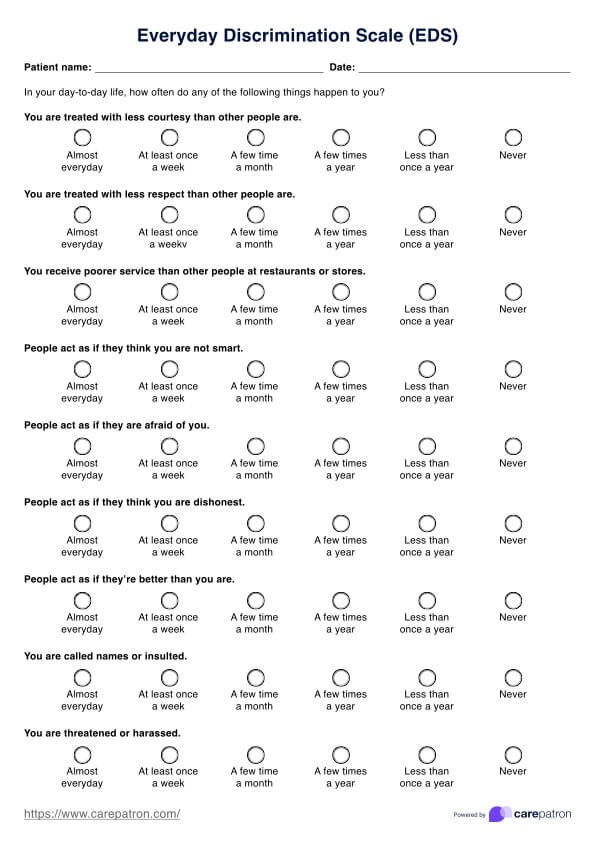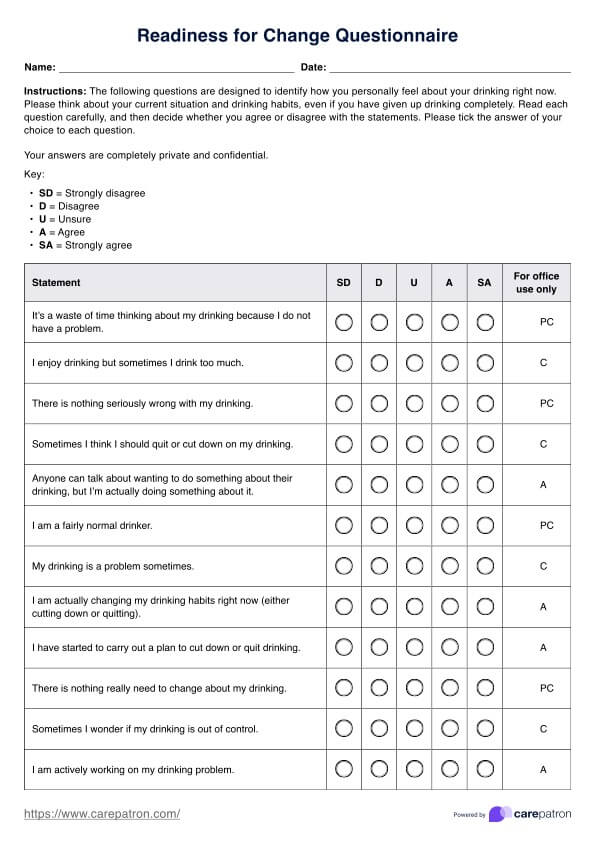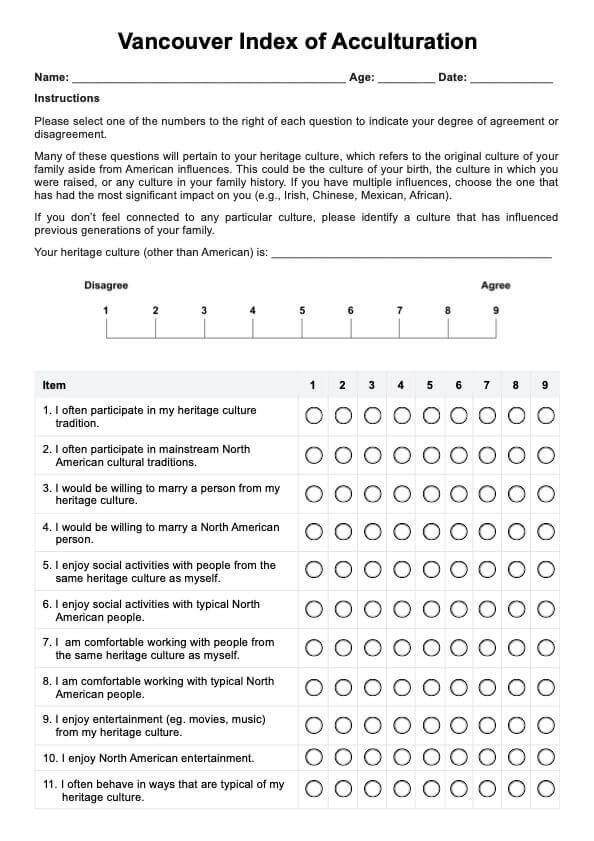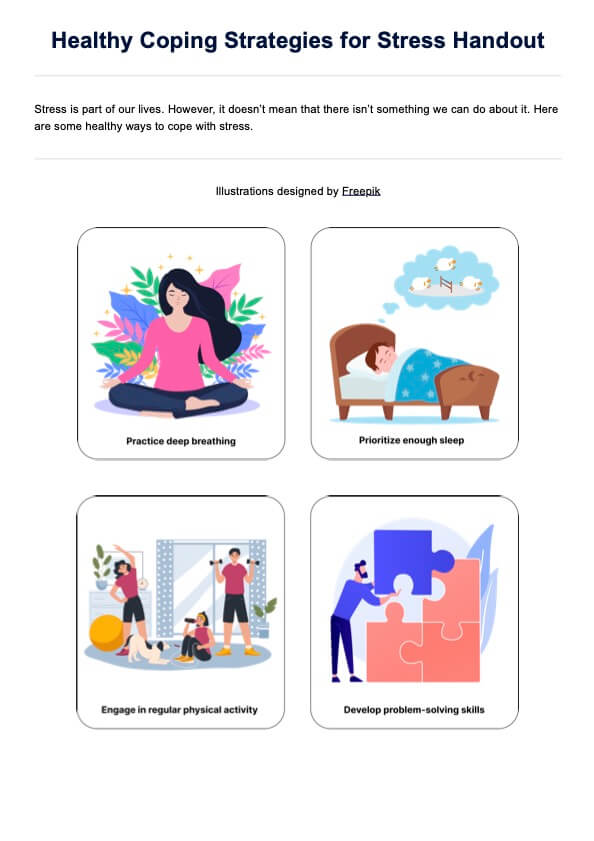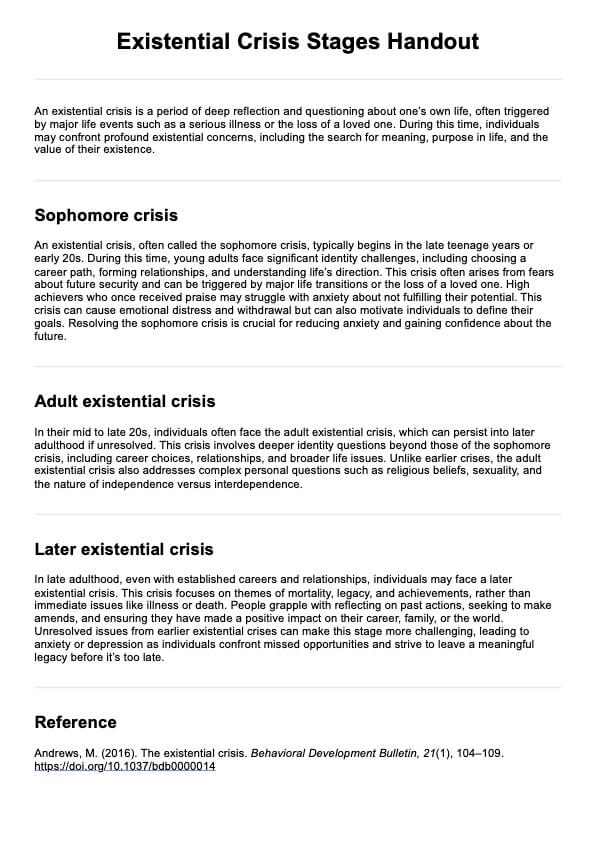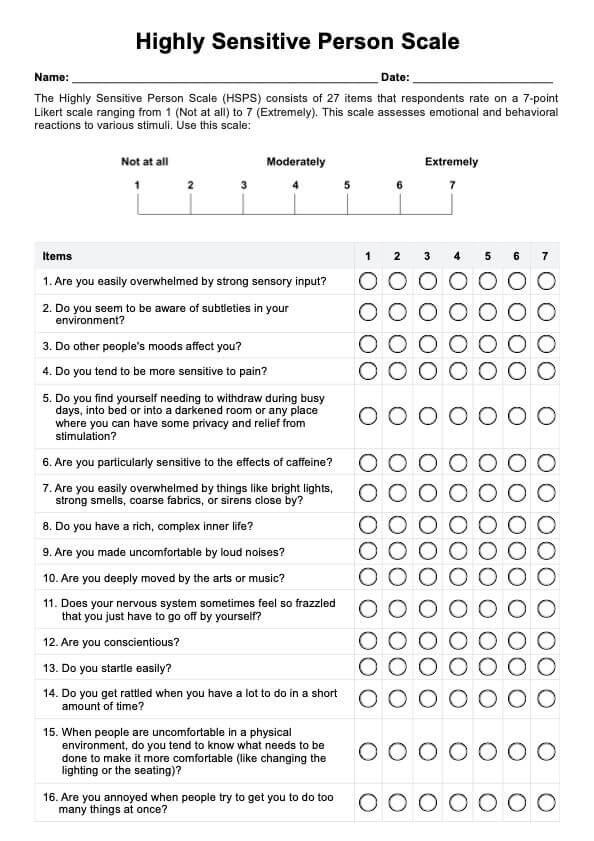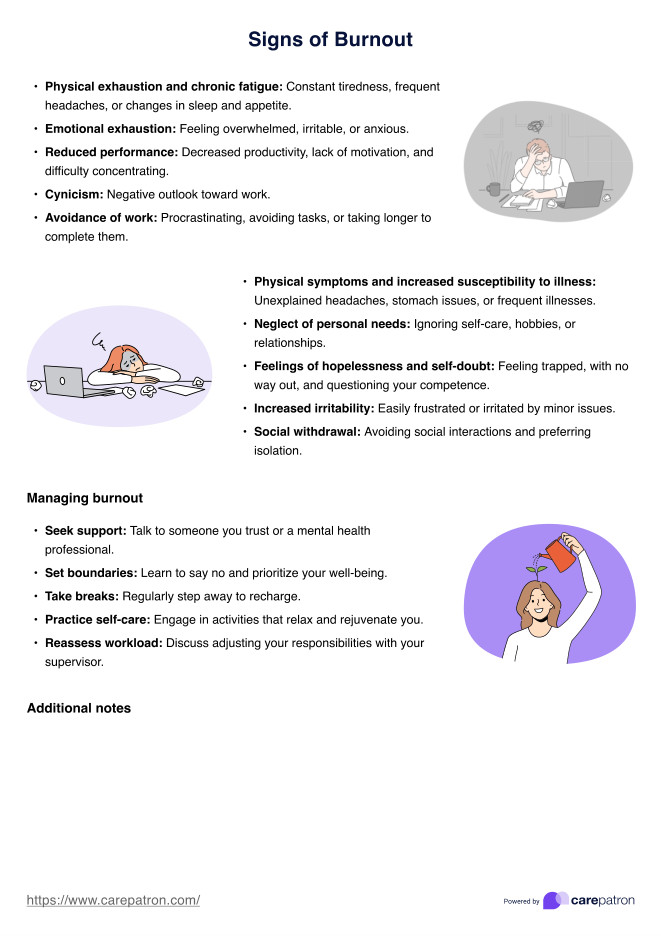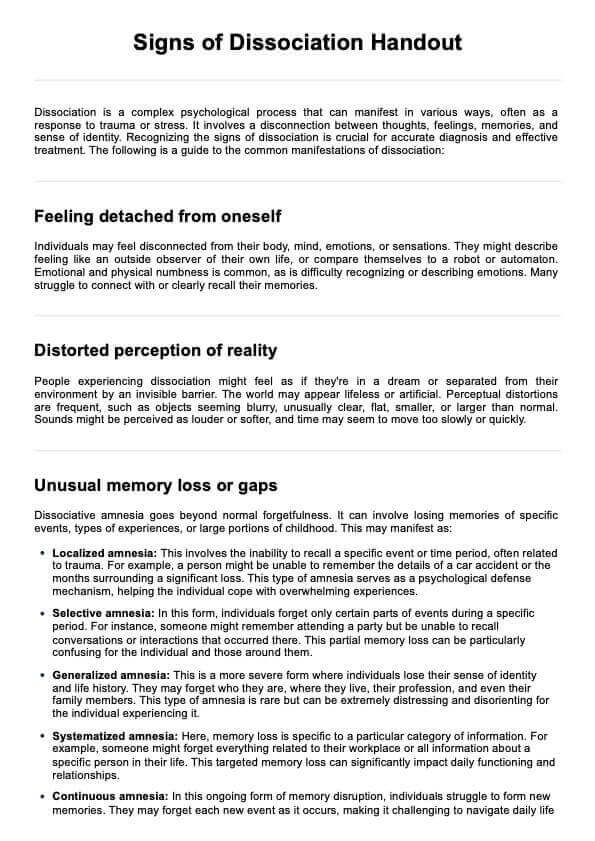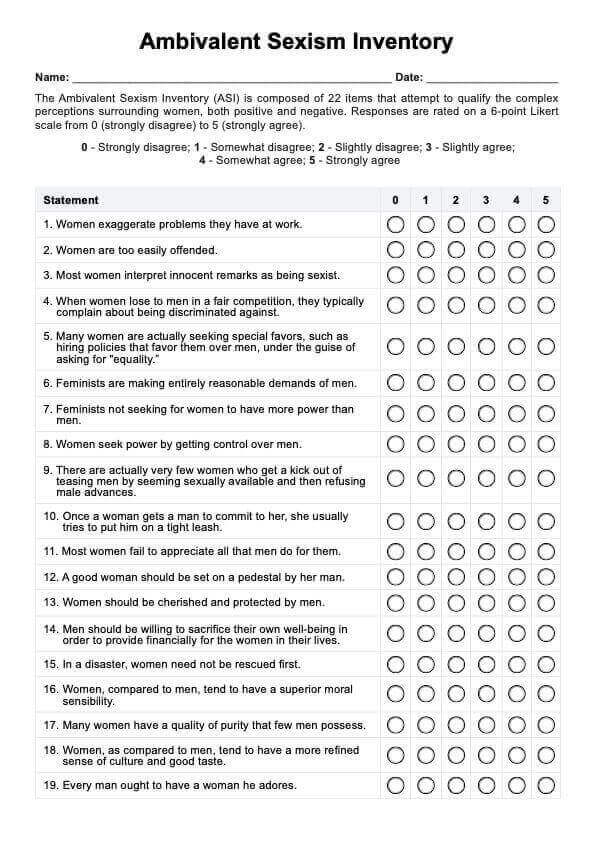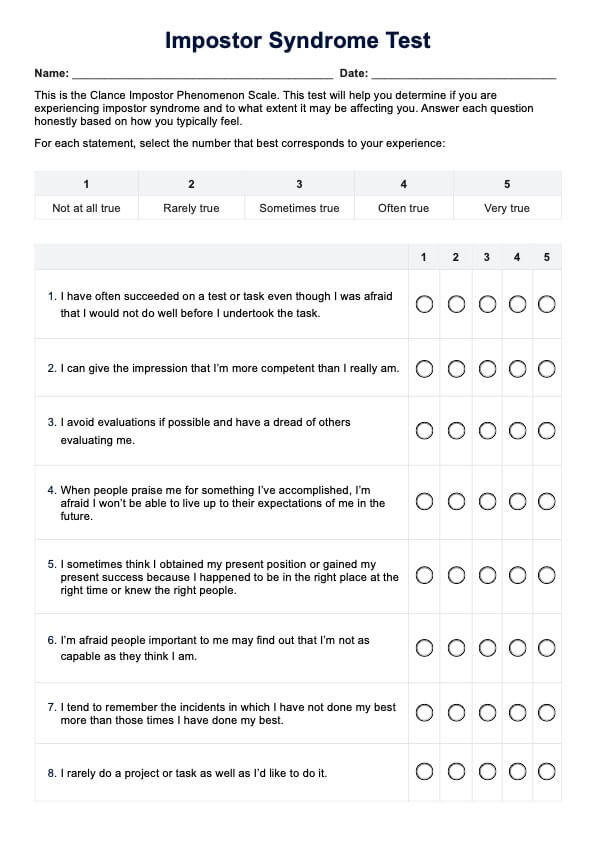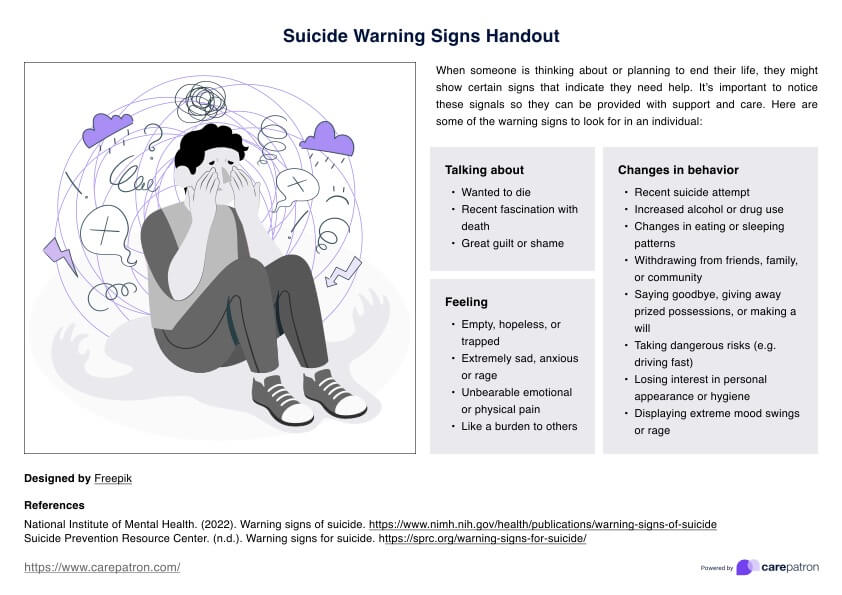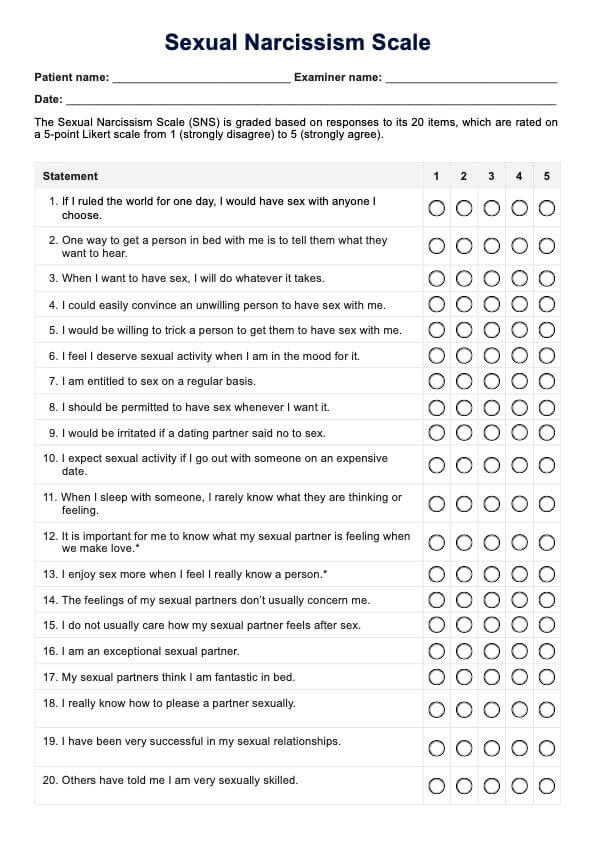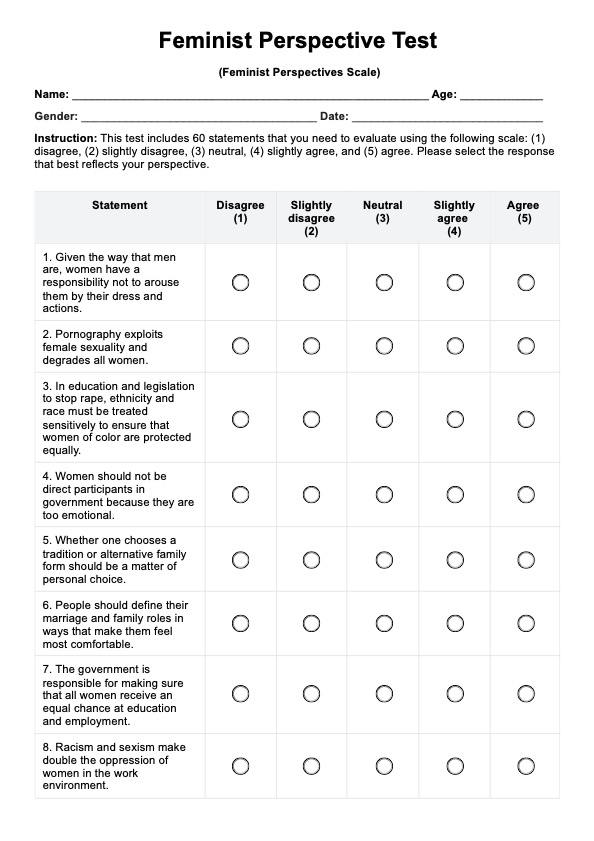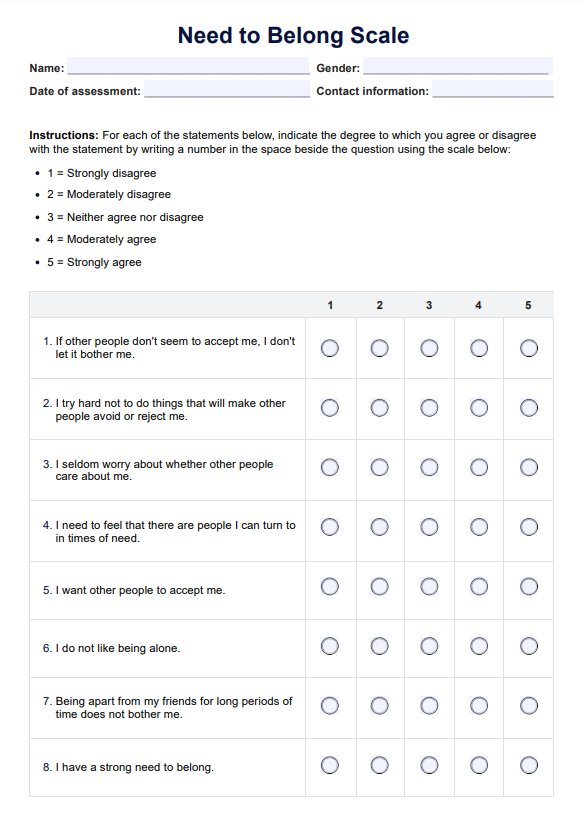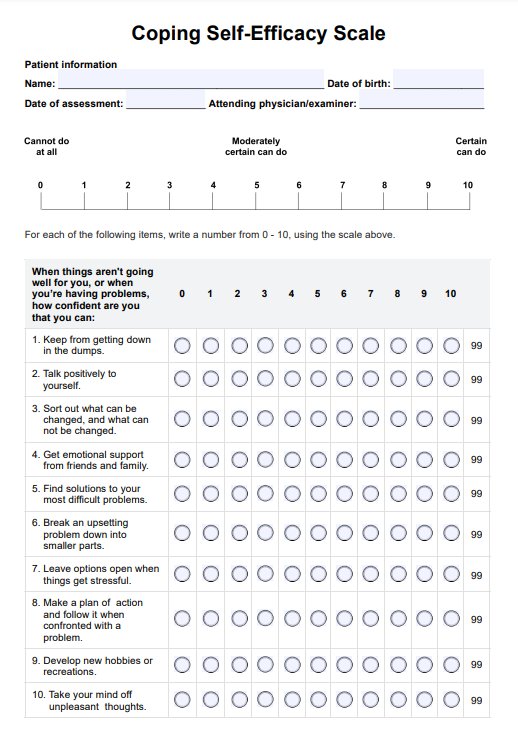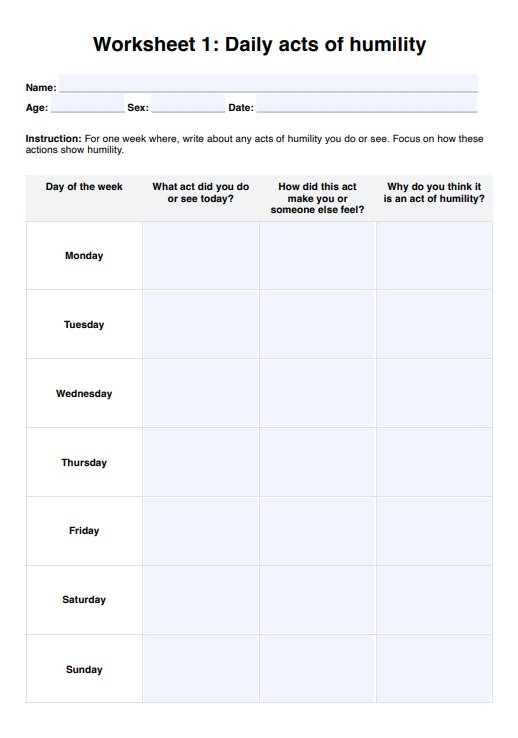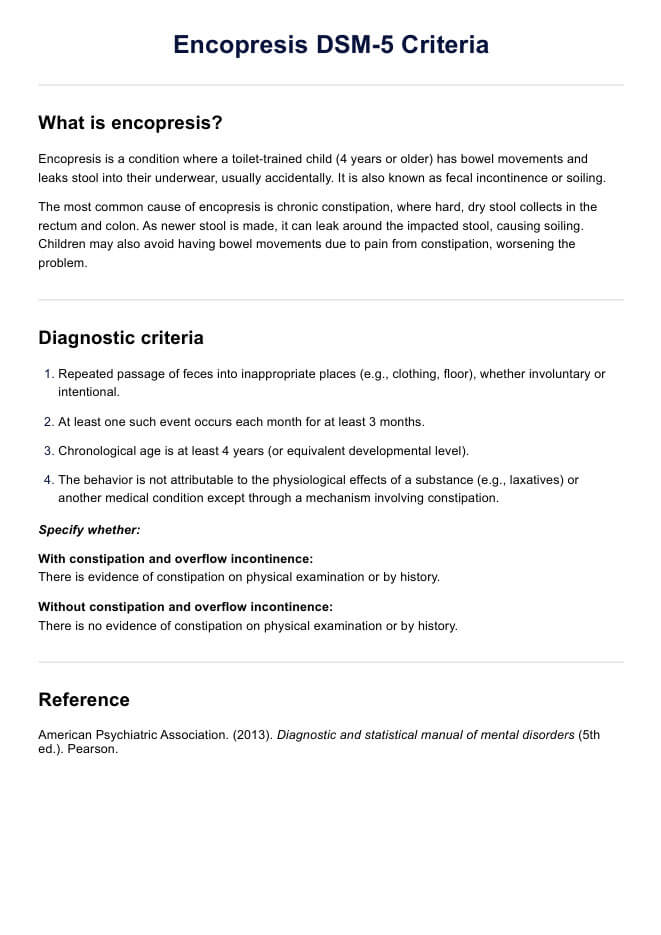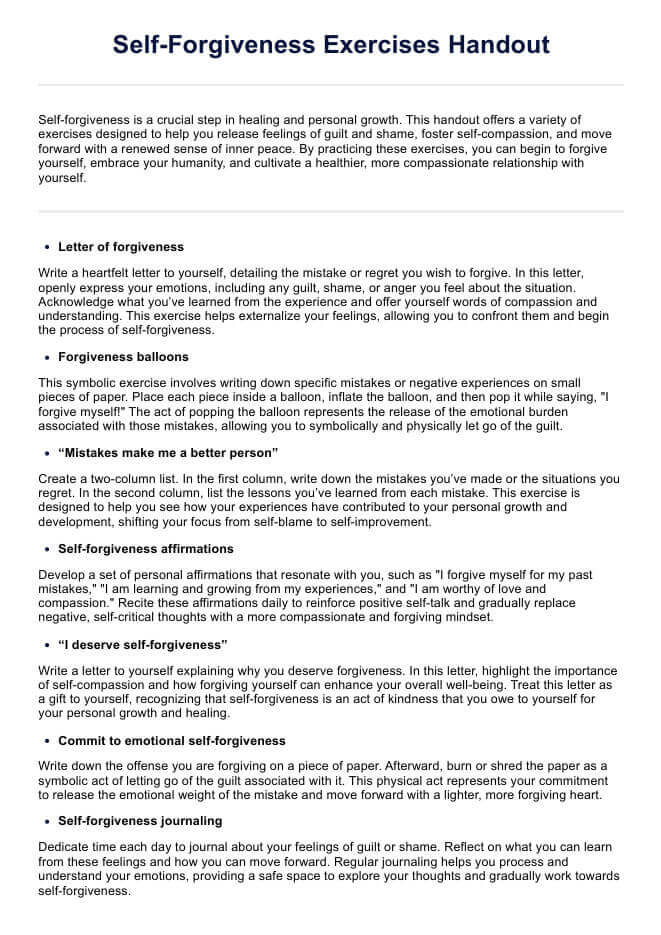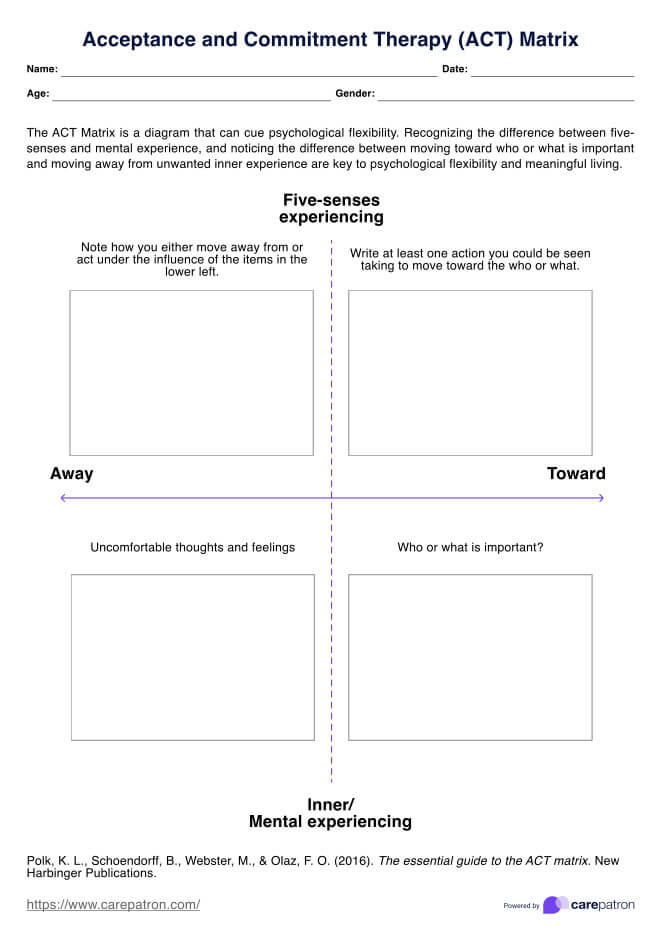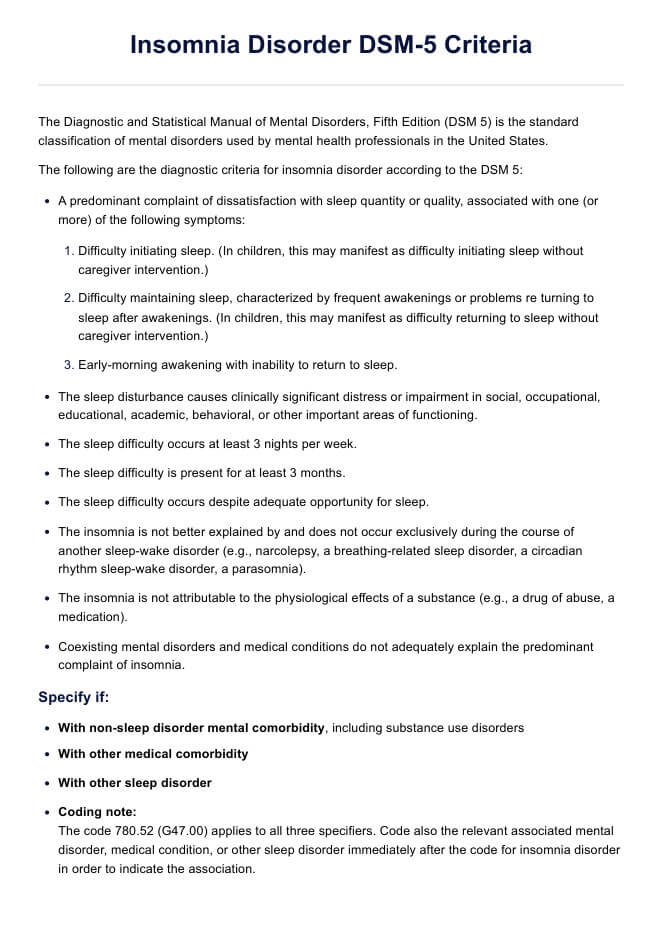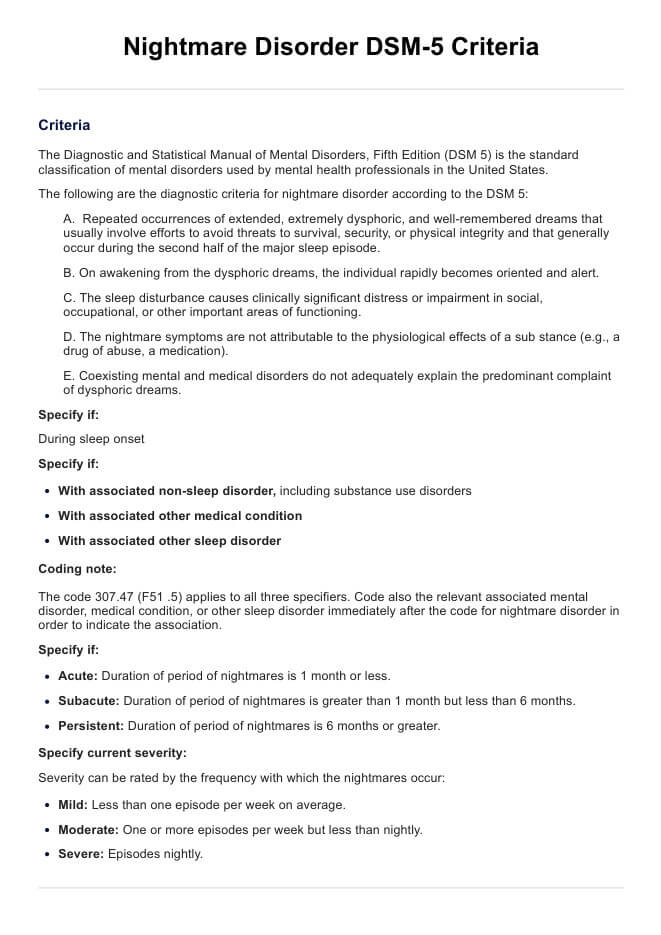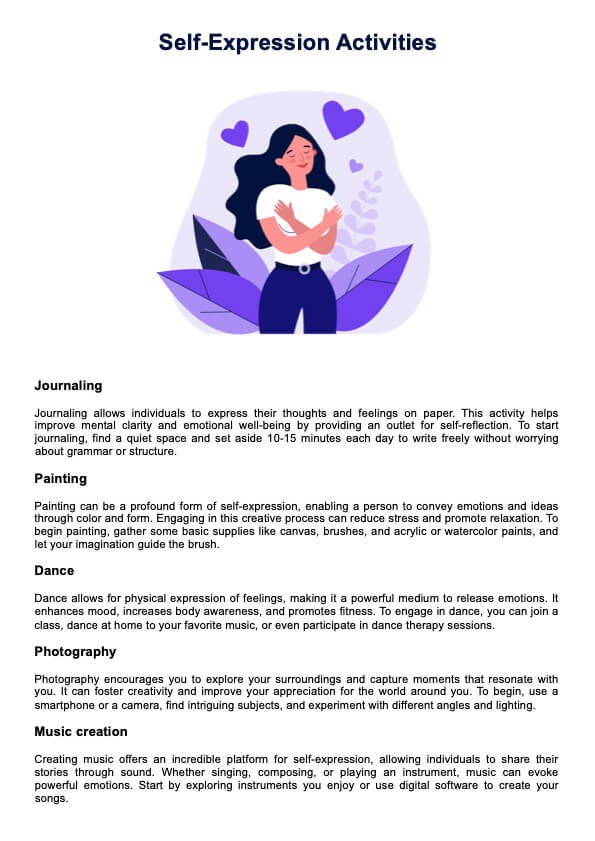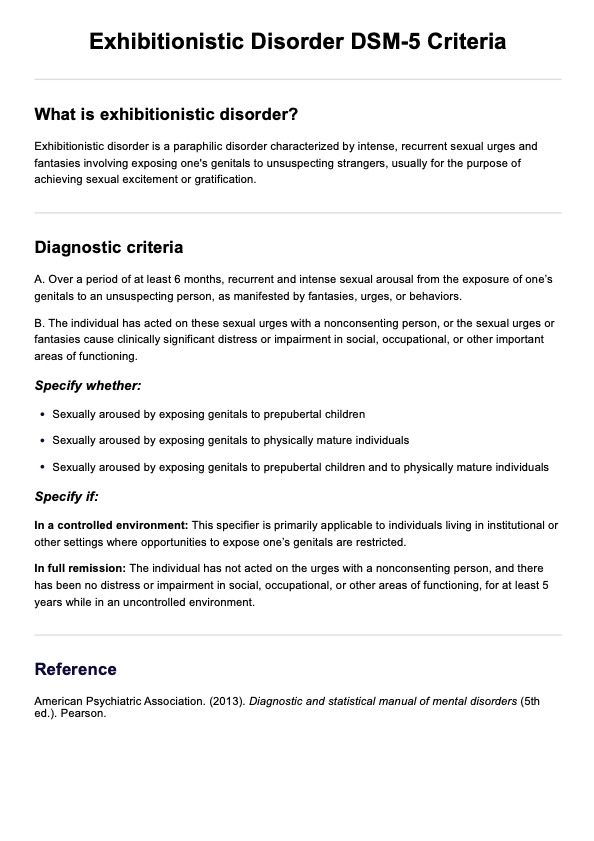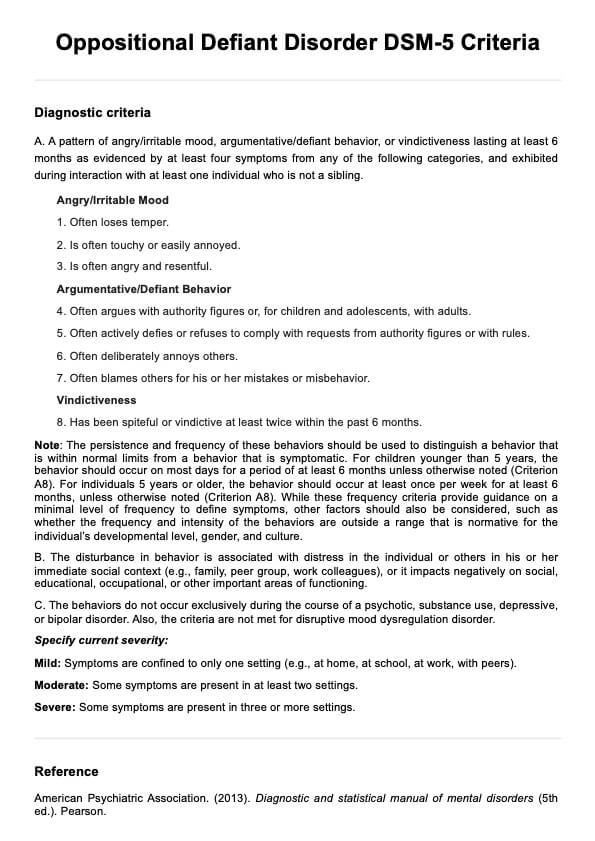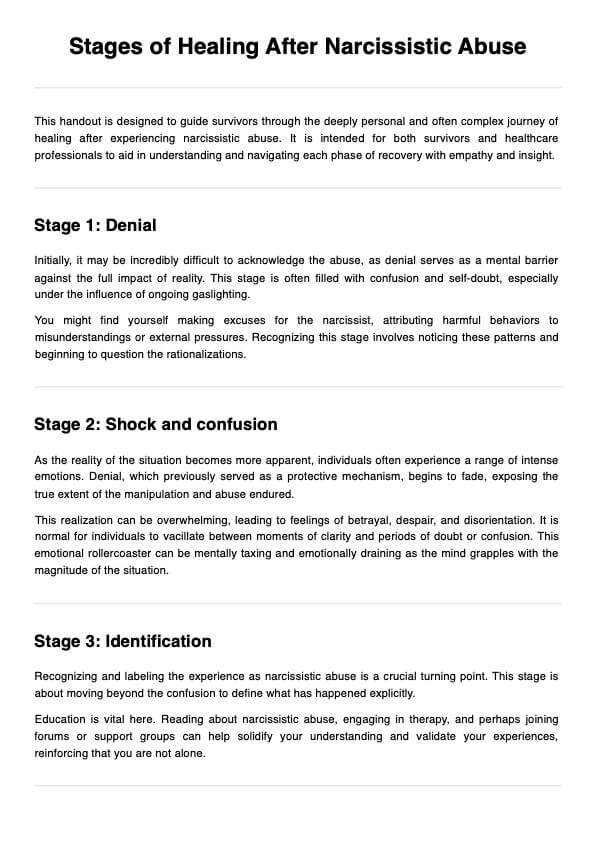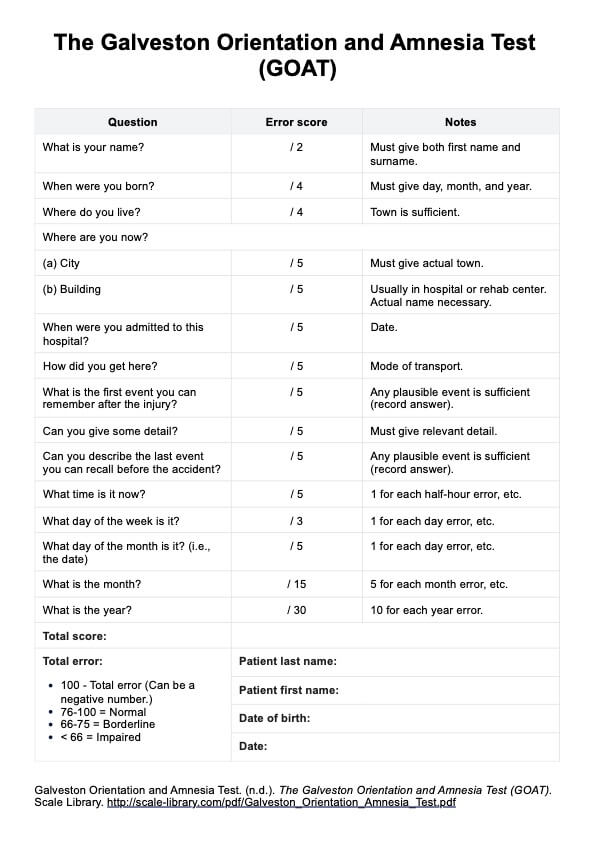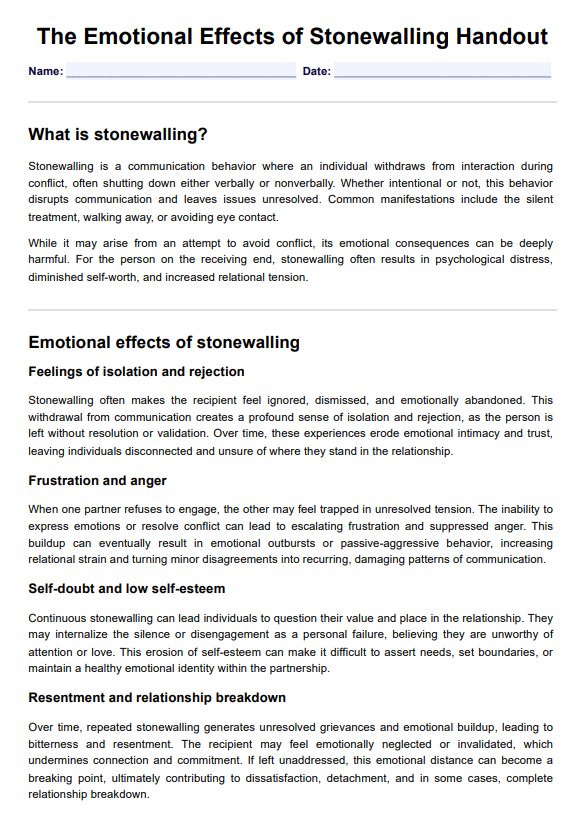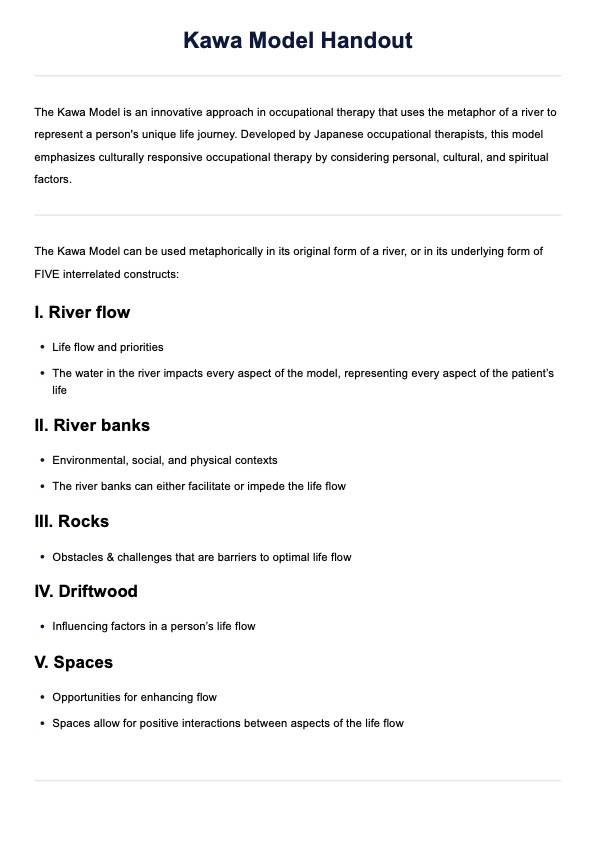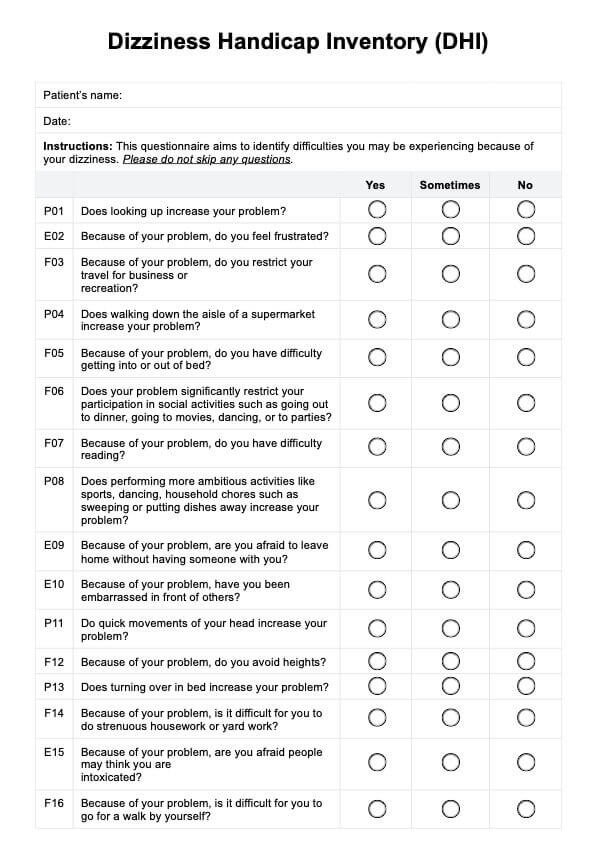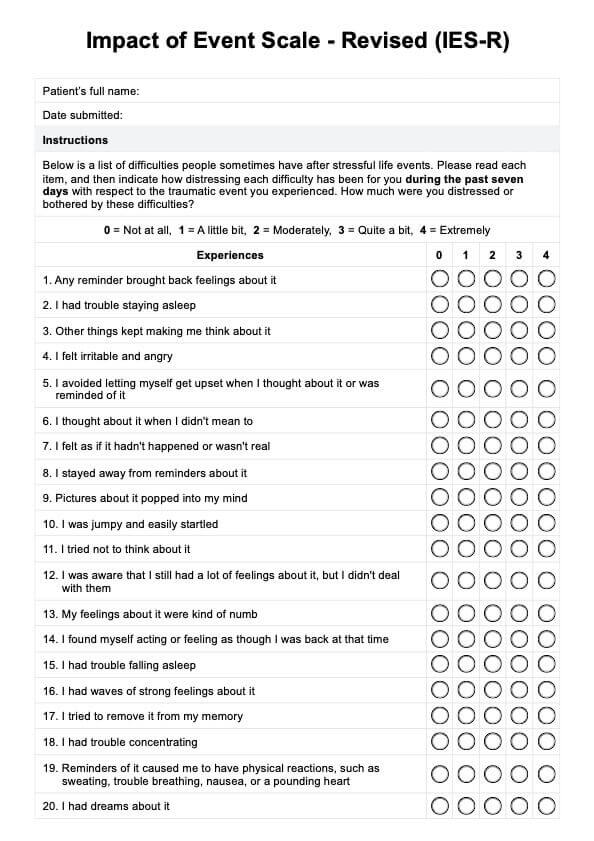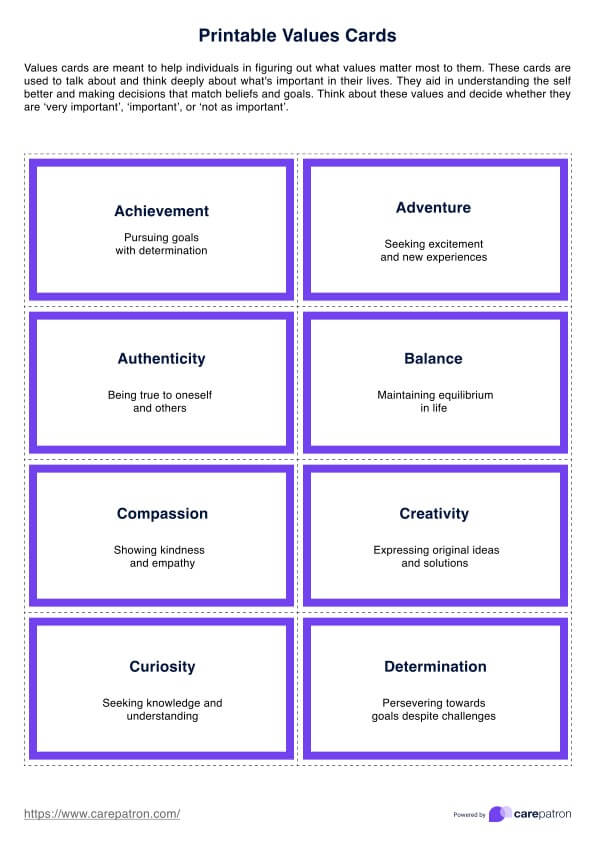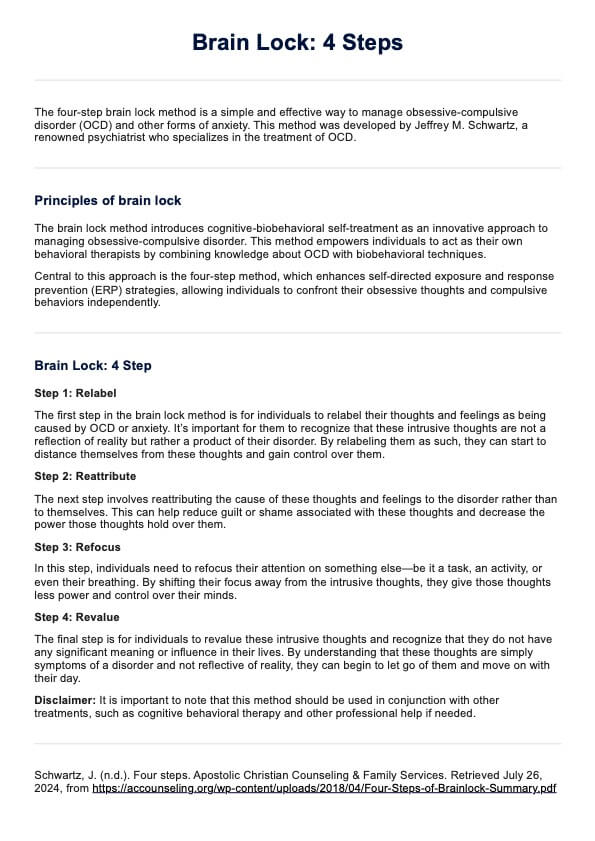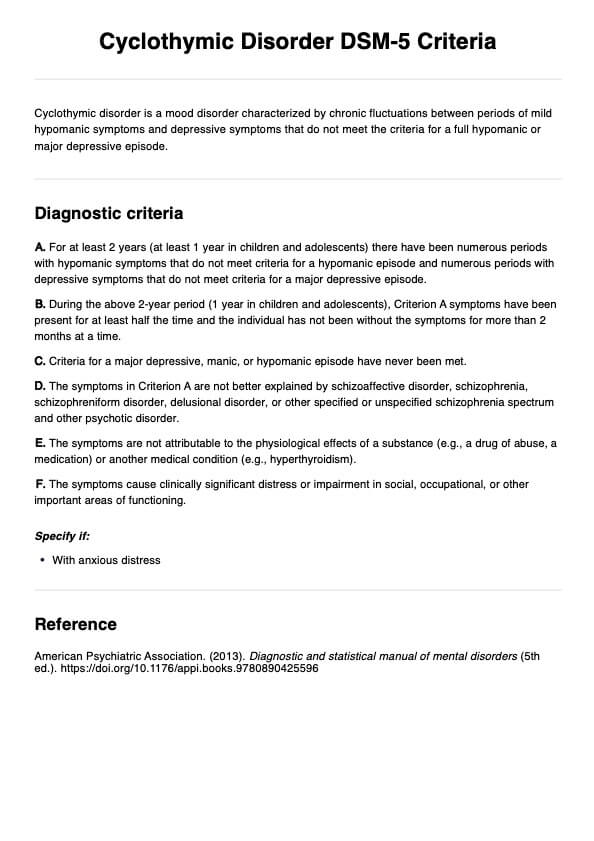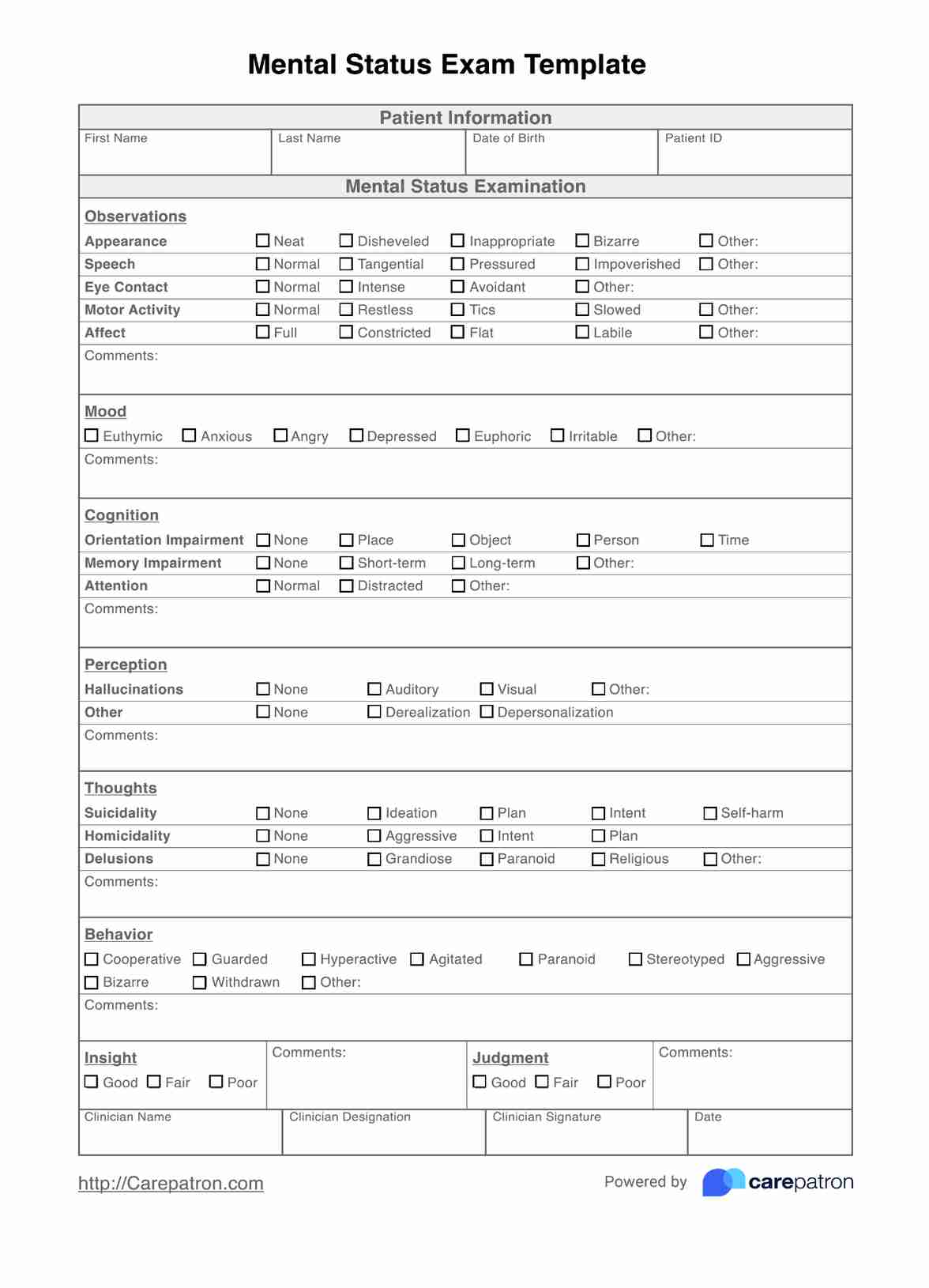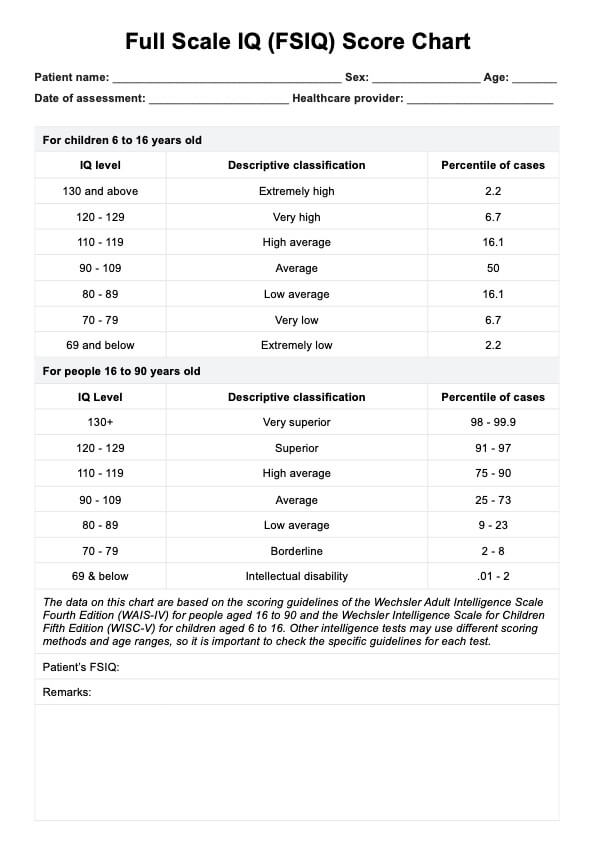Five-Facet Mindfulness Questionnaire
Measure mindfulness with an evidence-based tool to gain clients' mindfulness profiles and improve clinical outcomes through tailored interventions.


What is mindfulness?
Mindfulness has gained attention in the healthcare field in recent years, as both practitioners and patients have recognized its potential benefits for physical and mental well-being. But what exactly is mindfulness, and why is it considered a valuable tool in the context of healthcare?
It's about becoming aware of your thoughts, feelings, and bodily sensations in a non-reactive way. We can see it as stepping back and paying attention to our internal world with curiosity rather than getting caught up with overwhelming thoughts and emotions (Kabat-Zinn, 2003).
This ability to be fully present and engaged with the here and now, rather than being caught up in the past or future, can have a deep impact on an individual's overall well-being. It's appreciating the present moment, being able to notice visual elements, along with automatic thoughts and emotions. Mindfulness has been linked to a range of positive outcomes, including reduced stress and anxiety, improved emotional regulation, increased focus and concentration, and enhanced overall quality of life (Keng et al., 2011).
Understanding the concept of mindfulness and its practical applications can be invaluable for healthcare practitioners. Incorporating mindfulness-based practices when delivering care helps support patients in developing these skills and cultivating their personal and professional growth.
Five-Facet Mindfulness Questionnaire Template
Five-Facet Mindfulness Questionnaire Example
What is the Five-Facet Mindfulness Questionnaire (FFMQ)?
As the interest in and application of mindfulness-based practices continue to grow in the healthcare field, reliable and validated assessment tools are essential. One such instrument that has gained widespread recognition is the Five Facet Mindfulness Questionnaire (FFMQ).
The primary purpose of the FFMQ is to provide a comprehensive evaluation of an individual's mindfulness skills and tendencies across multiple dimensions (Baer et al., 2006). By measuring different facets of mindfulness and psychological symptoms, this questionnaire allows healthcare practitioners to gain a comprehensive understanding of their patients' mindfulness-related strengths and areas for improvement.
The five factors assessed by the FFMQ are:
- Observing: This facet measures an individual's ability to notice and attend to internal and external experiences, such as sensations, thoughts, and emotions.
- Describing: The describing facet evaluates an individual's capacity to label and verbalize their experiences with words.
- Acting with awareness: This factor assesses the extent to which an individual is fully present and attentive to their current activities rather than operating on "autopilot."
- Non-judging of inner experience: The non-judging facet measures an individual's tendency to approach their thoughts and feelings with an attitude of acceptance and non-evaluation. This
- Non-reactivity to inner experience: This facet evaluates an individual's emotion regulation and their ability to allow their thoughts and emotions to come and go without becoming caught up in or overwhelmed by them.
Ultimately, the FFMQ serves as one of the important mindfulness questionnaires that can help bridge the gap between the theoretical understanding of mindfulness and its practical application in clinical settings.
When to use the questionnaire?
The Five-Facet Mindfulness Questionnaire (FFMQ) is a versatile tool that can be applied in various situations within a healthcare setting. Here are some key scenarios where the FFMQ can be particularly useful:
- Initial assessment: The FFMQ can be used during the initial assessment phase to measure an individual's baseline level of mindfulness across the five key facets. This information helps tailor treatment plans by identifying areas where mindfulness practices could be most beneficial.
- Monitoring progress: As individuals progress through mindfulness-based interventions, the FFMQ can be used periodically to track changes in their self-reported mindfulness levels. This can provide valuable feedback on the effectiveness of the chosen approach and highlight areas that may need further focus.
- Research settings: The FFMQ is a well-validated tool commonly used in research studies exploring the relationship between mindfulness and various mental health conditions or interventions.
- Individualized treatment planning: The FFMQ results can inform the selection of specific mindfulness practices that target a client's unique needs. For instance, if someone scores low on the "observing" facet, incorporating mindfulness meditation exercises and working on mindfulness worksheets that focus on present-moment awareness would be relevant strategies.
Results and interpretation
To interpret the results of the FFMQ, healthcare practitioners can follow these steps:
- Calculate the total mindfulness score by summing the scores for all 39 items. Higher scores indicate greater mindfulness.
- Calculate the subscale scores for each of the five facets of mindfulness. Higher scores indicate greater proficiency in the corresponding facet.
- Compare the total mindfulness score and subscale scores to normative data to determine the individual's relative level of mindfulness.
- Consider the individual's clinical presentation and the specific facets of mindfulness that may be relevant to their treatment.
- Use the results to guide mindfulness-based interventions and track progress over time.
It is important to note that the FFMQ is not a diagnostic tool, but rather a measure of psychological constructs that may be relevant to mental health and well-being. The FFMQ is a reliable and valid measure of mindfulness, with good internal consistency and test-retest reliability (Baer et al., 2006). Beyond these psychometric properties, healthcare practitioners should use their clinical judgment and consider the individual's unique circumstances when interpreting the results of this psychological assessment.
Next steps
The Five-Facet Mindfulness Questionnaire (FFMQ) provides valuable insights into an individual's mindfulness profile. By understanding their strengths and weaknesses across the five key facets, mental health professionals can tailor interventions to improve a client's outlook and quality of life.
Mindfulness-based interventions
For individuals who score low on any of the FFMQ facets, incorporating mindfulness-based interventions can be highly beneficial. These programs, such as mindfulness-based cognitive therapy (MBCT) or mindfulness-based stress reduction (MBSR), can equip individuals with practices to cultivate mindfulness facets and to be more present and aware within their internal and external world. Furthermore, this can help them shift toward more positive thinking and manage perceived stress.
Learning to address emotions
Low scores on non-judging of inner experience may indicate judging oneself for having irrational or inappropriate emotions. Techniques like mindful self-awareness can help individuals observe emotions without getting caught up in them, fostering a more balanced emotional response.
Distinguishing internal and external triggers
Some individuals struggle to differentiate between internal thoughts and feelings and external circumstances that trigger them. By strengthening the observing facet, individuals can learn to identify the source of their distress and respond more effectively.
Preventing relapse in recurrent disorders
For those with conditions like recurrent depression, mindfulness practices can be a powerful tool for relapse prevention. Enhancing observing and non-reactivity can help individuals learn to notice early signs of a depressive episode and implement coping mechanisms before symptoms escalate.
Continuous assessment and support
Integrating FFMQ assessments at different stages of treatment allows for the monitoring of progress and adjustment of mindfulness interventions. Regular check-ins are essential for providing support, addressing any challenges, and ensuring that practices remain aligned with the individual's needs and therapeutic goals.
References
Baer, R. A., Smith, G. T., Hopkins, J., Krietemeyer, J., & Toney, L. (2006). Using self-report assessment methods to explore facets of mindfulness. Assessment, 13(1), 27–45. https://doi.org/10.1177/1073191105283504
Kabat-Zinn, J. (2003). Mindfulness-based interventions in context: Past, present, and future. Clinical Psychology: Science and Practice, 10(2), 144–156. https://doi.org/10.1093/clipsy.bpg016
Keng, S. L., Smoski, M. J., & Robins, C. J. (2011). Effects of mindfulness on psychological health: a review of empirical studies. Clinical psychology review, 31(6), 1041–1056. https://doi.org/10.1016/j.cpr.2011.04.006
Commonly asked questions
Yes, the FFMQ has been shown to be a reliable and valid measure of mindfulness. Multiple studies have demonstrated the questionnaire's internal consistency, test-retest reliability, and construct validity.
Mindfulness-based interventions have been found to be beneficial for individuals with a range of mental health conditions, including recurrent major depressive disorder and chronic stress. Cultivating present-moment awareness and acceptance helps address distressing thoughts and subjective feelings that could be overwhelming, especially among clinically depressed individuals.
Practicing a mindfulness based intervention can be helpful part of our daily routine. Some of these exercises could include mindfulness meditation, breath awareness, body moving, and mindful eating.


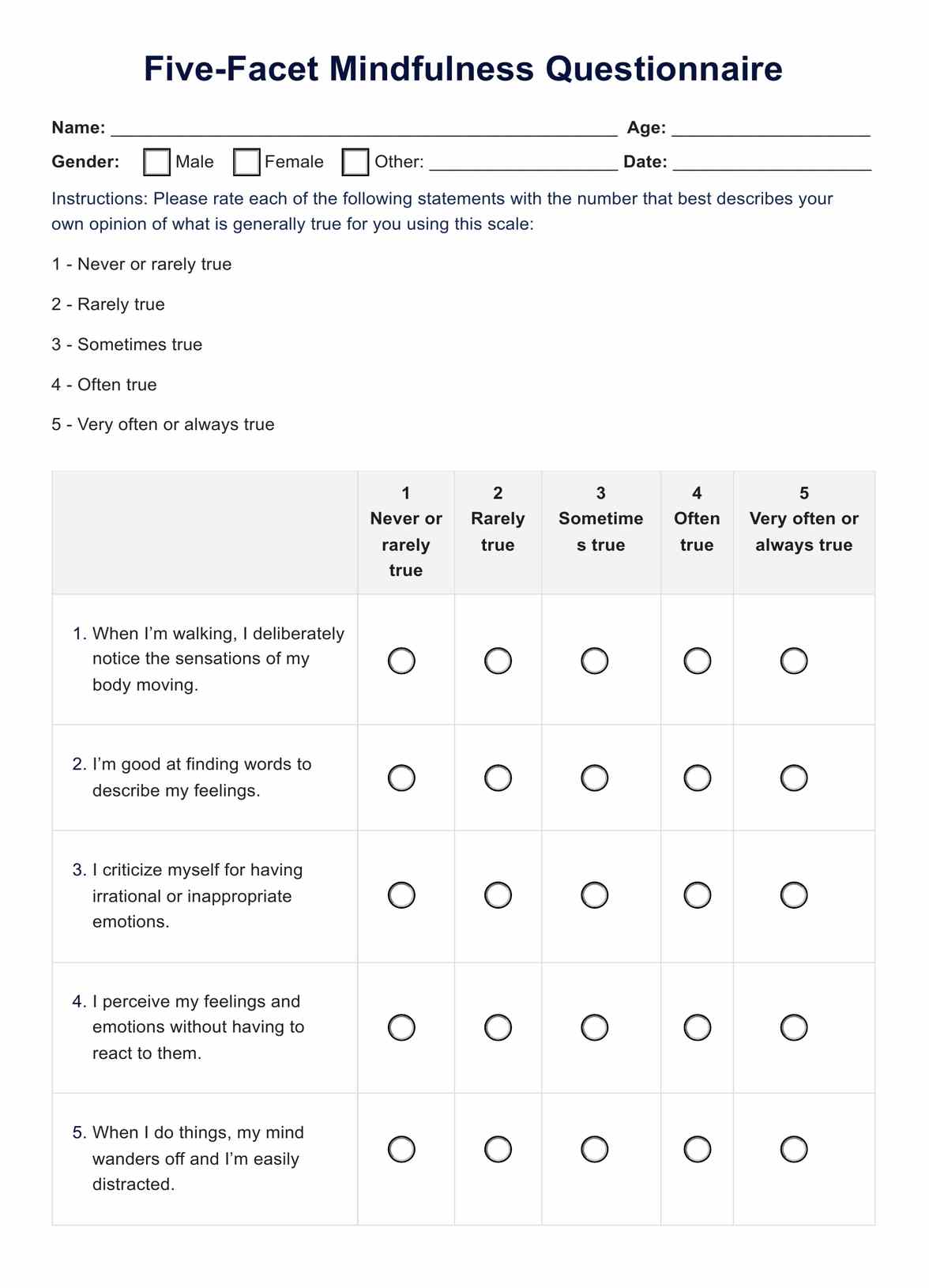
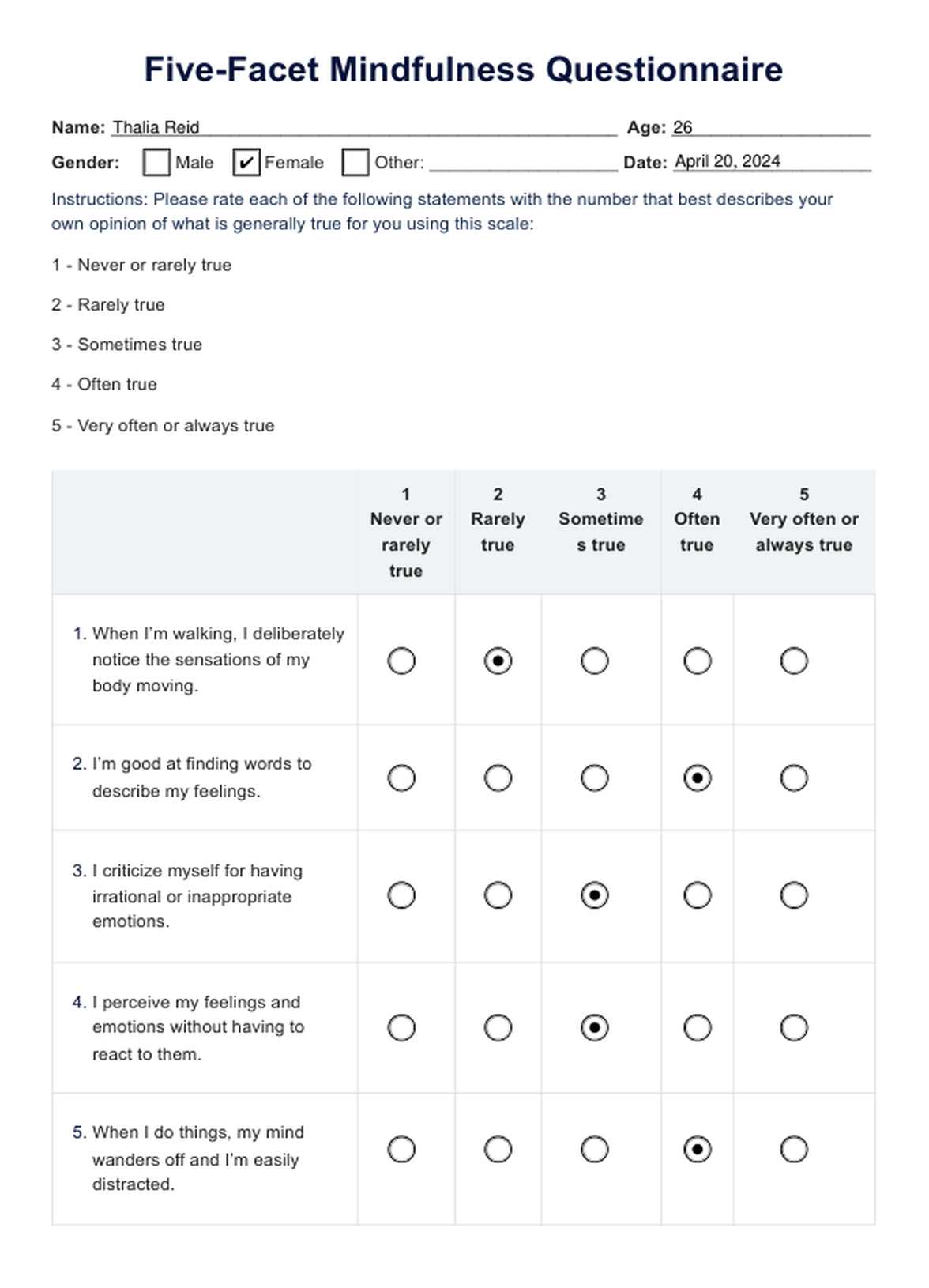

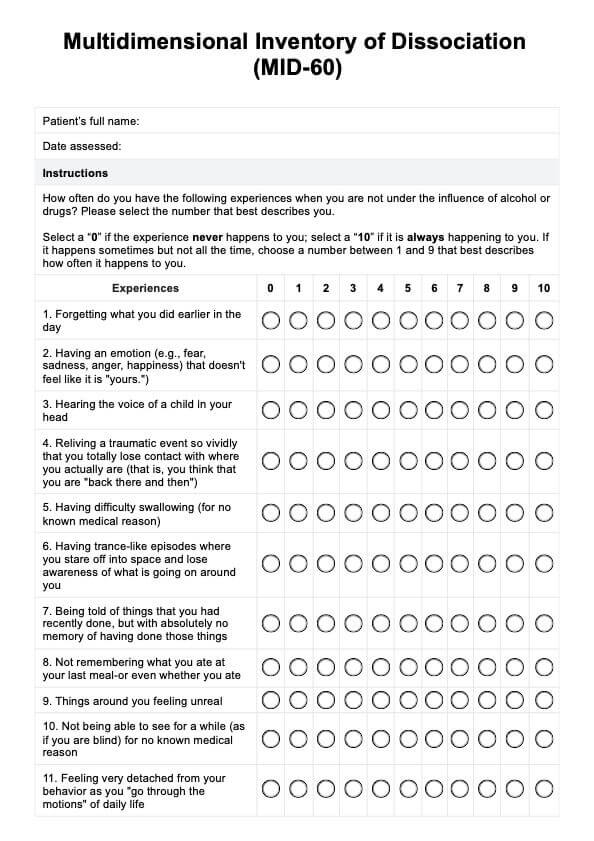
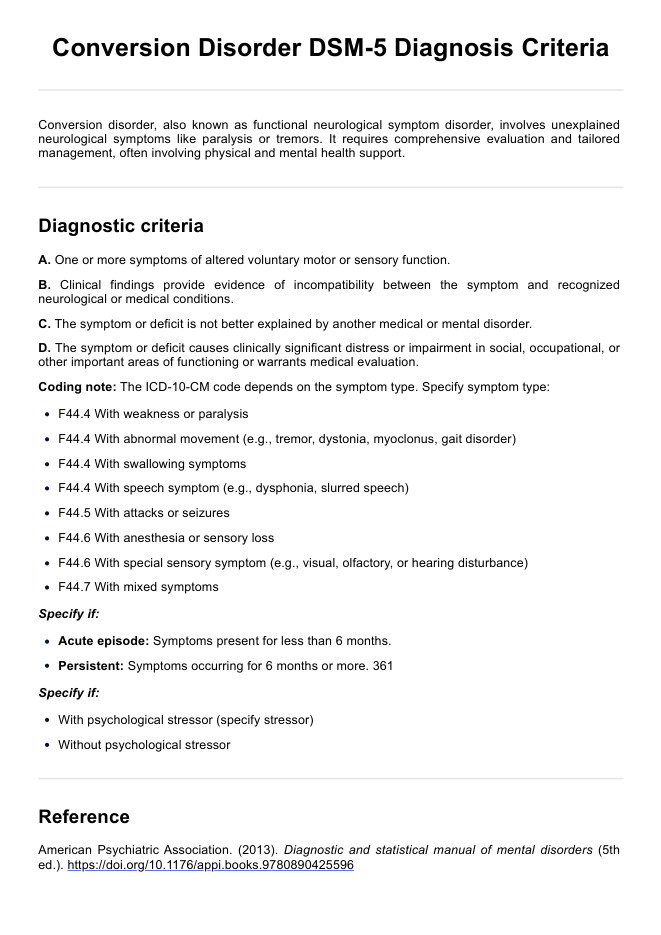






-template.jpg)
































